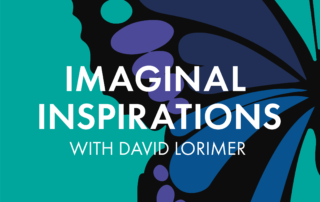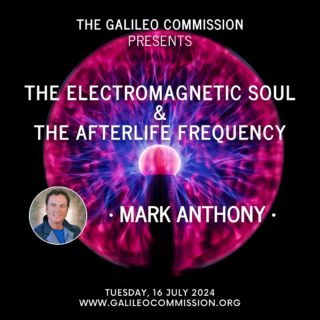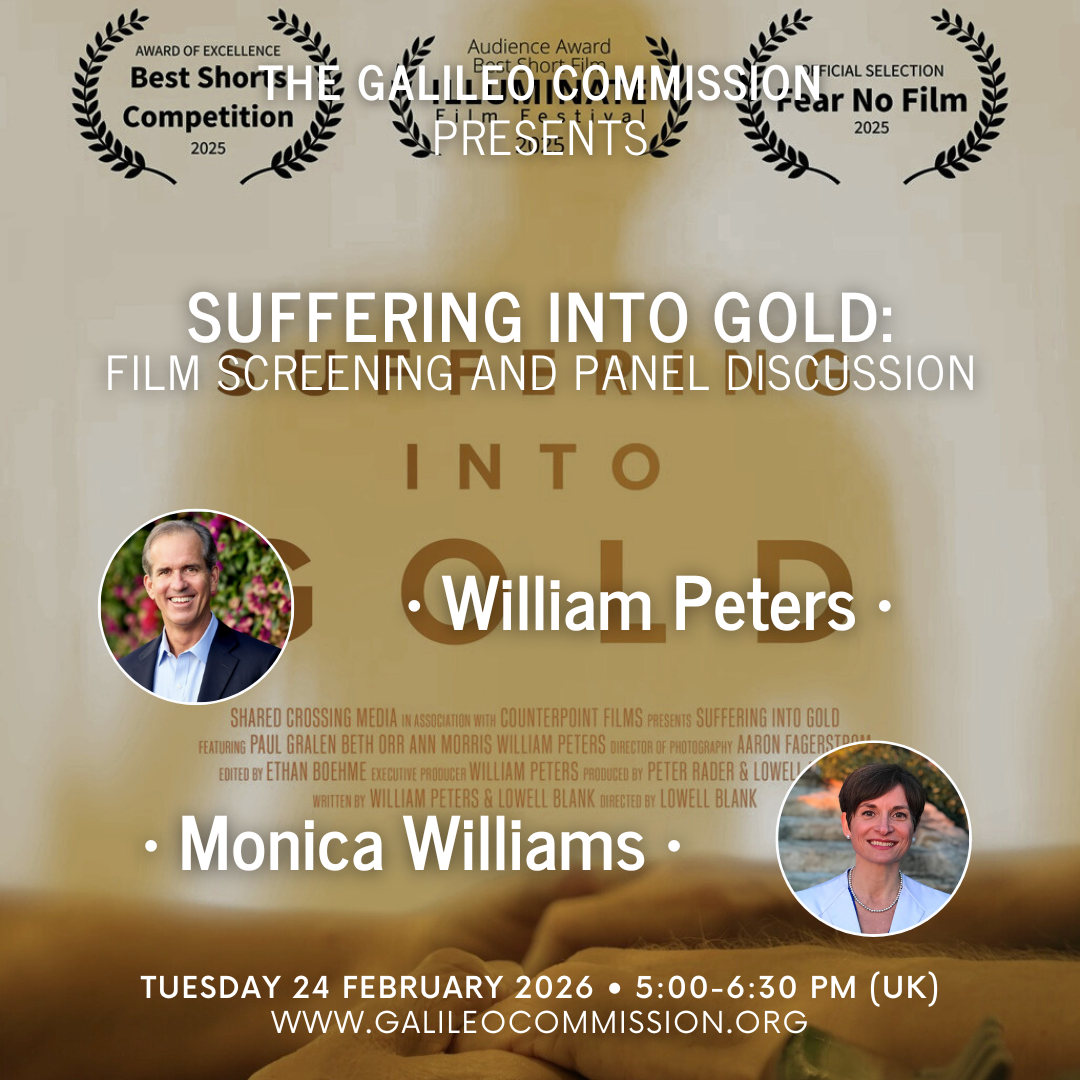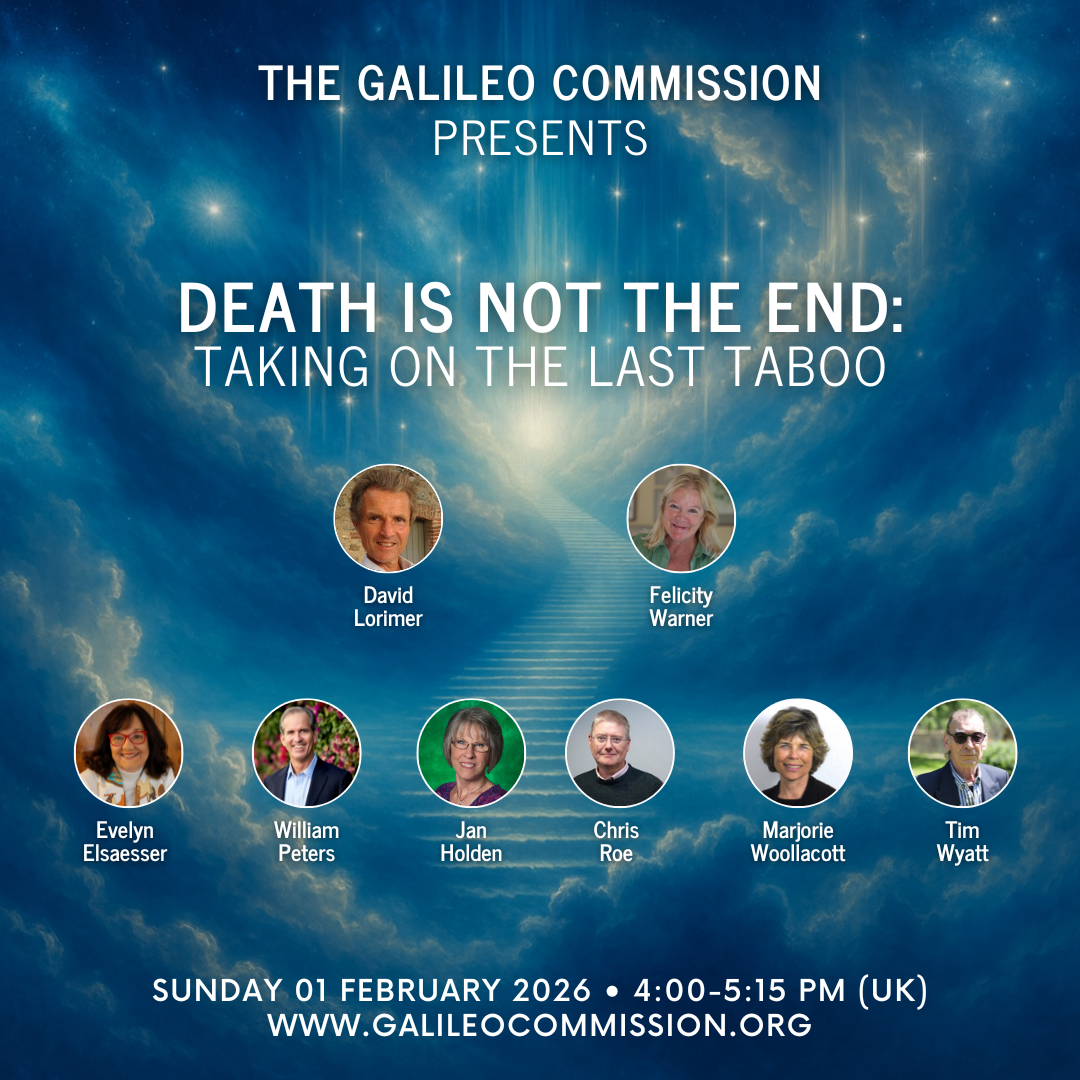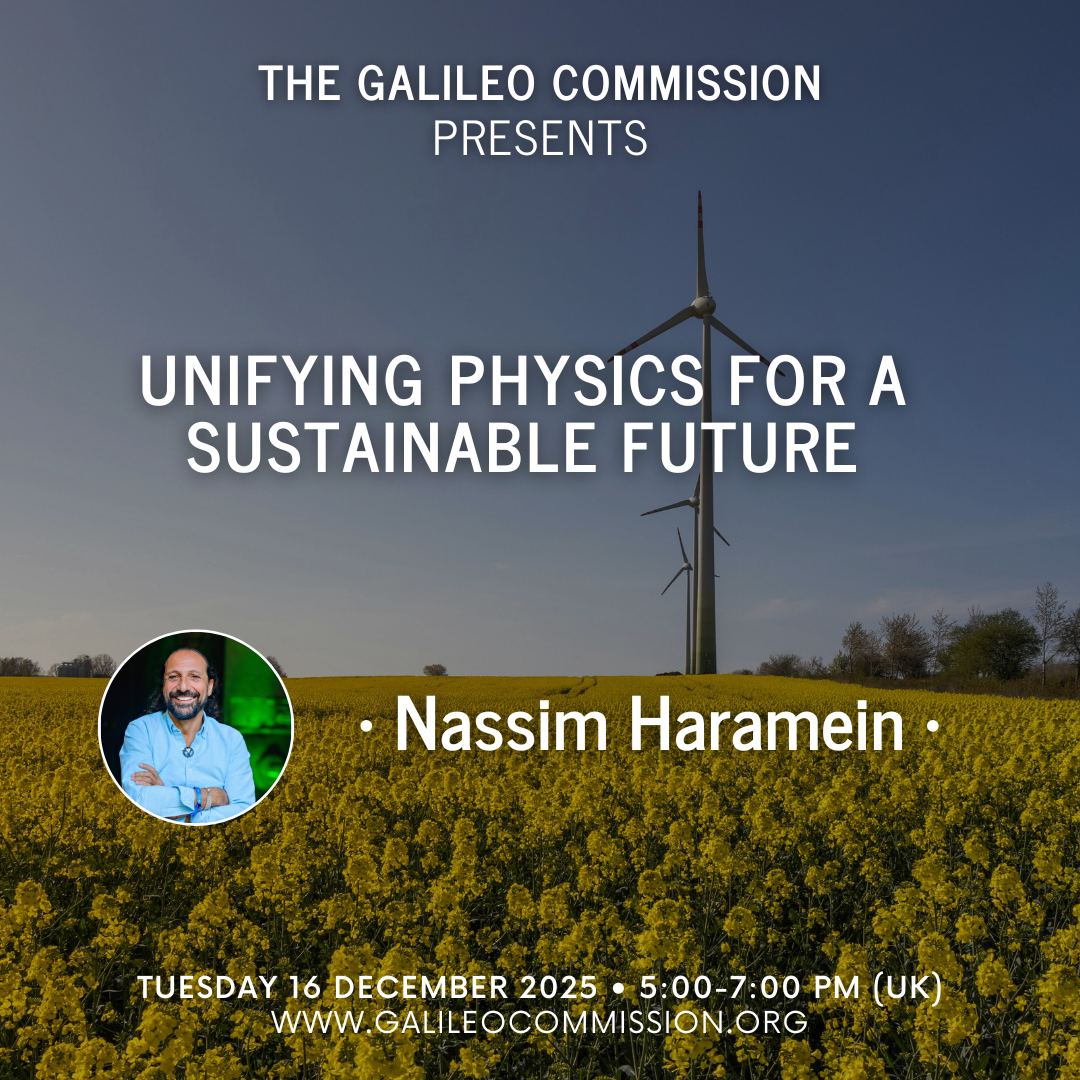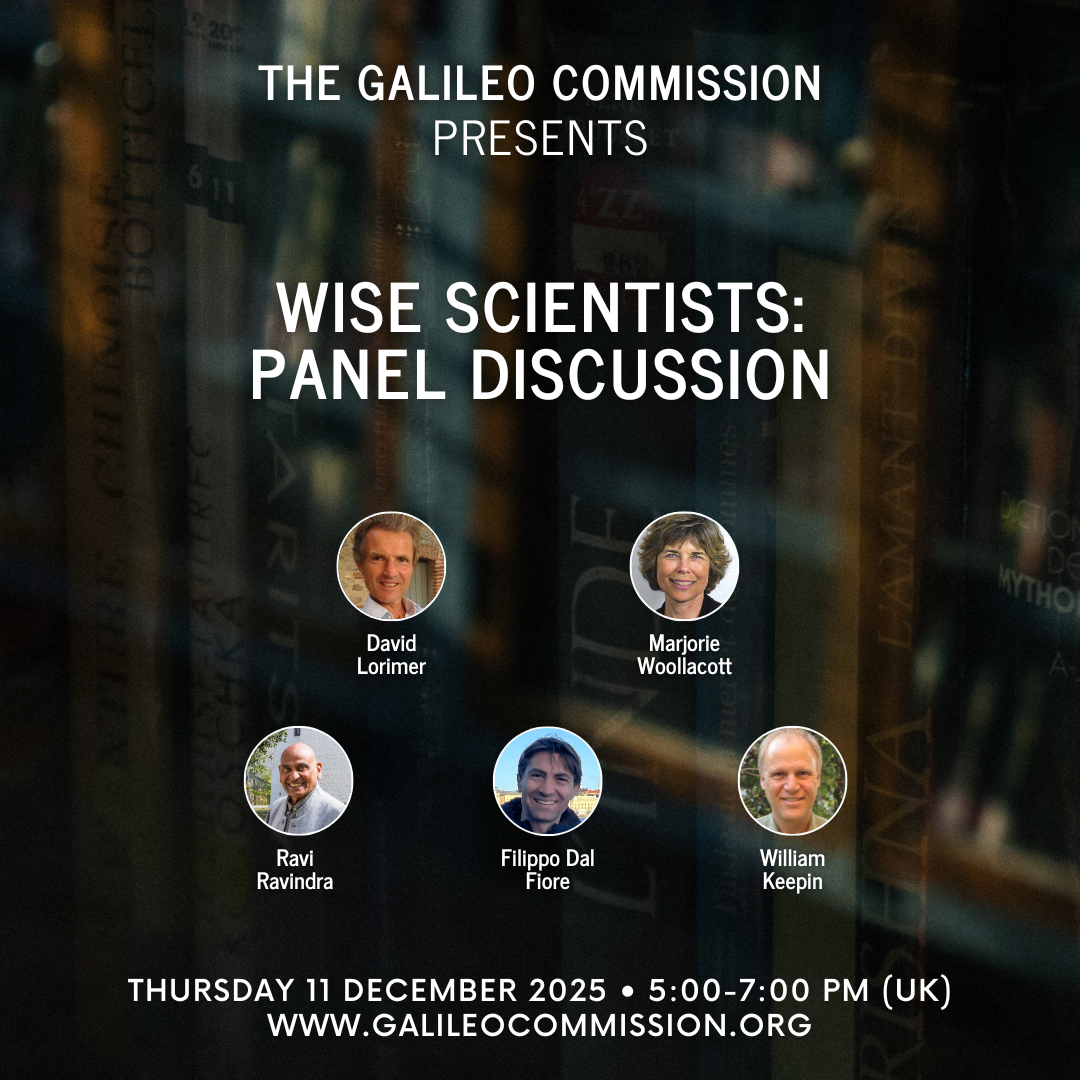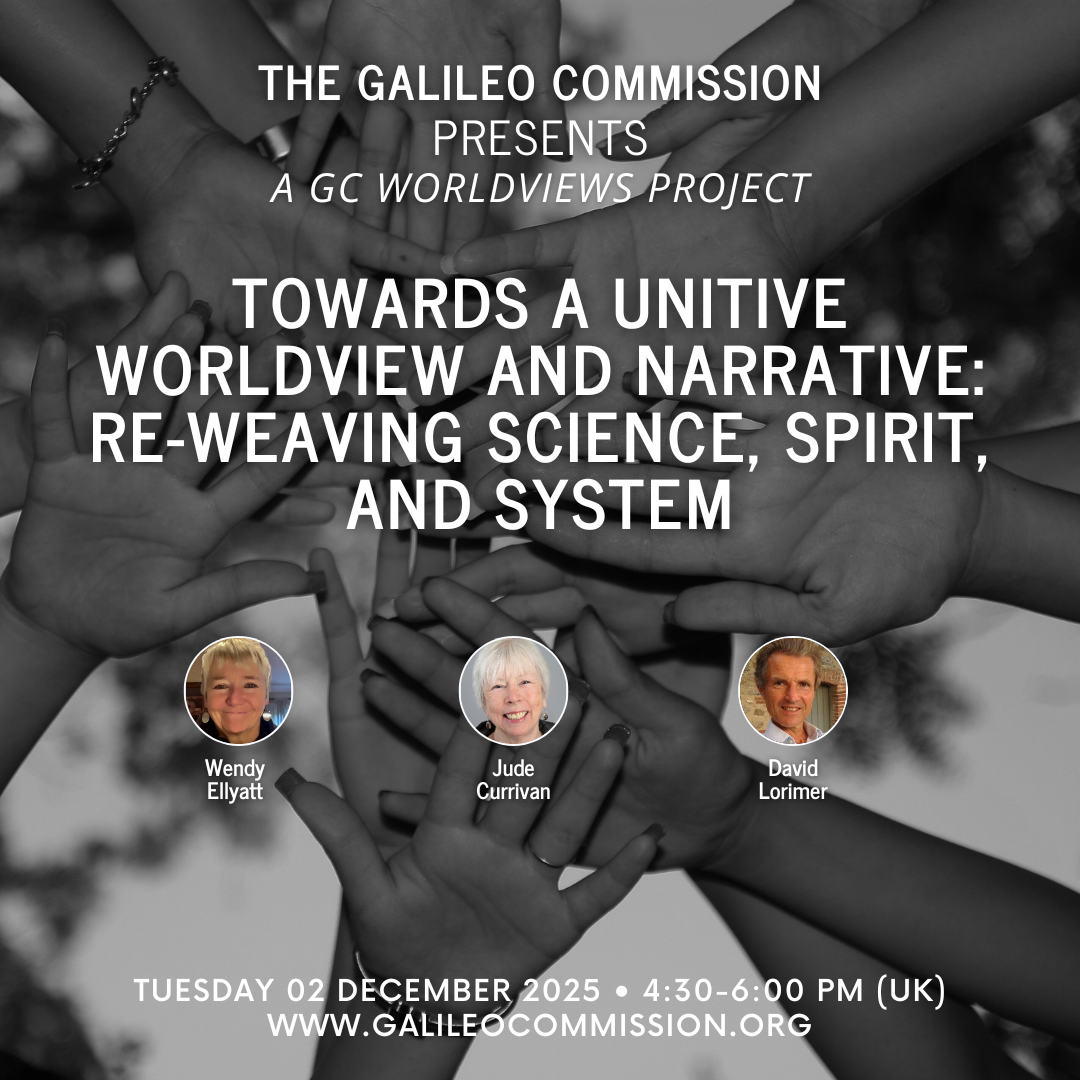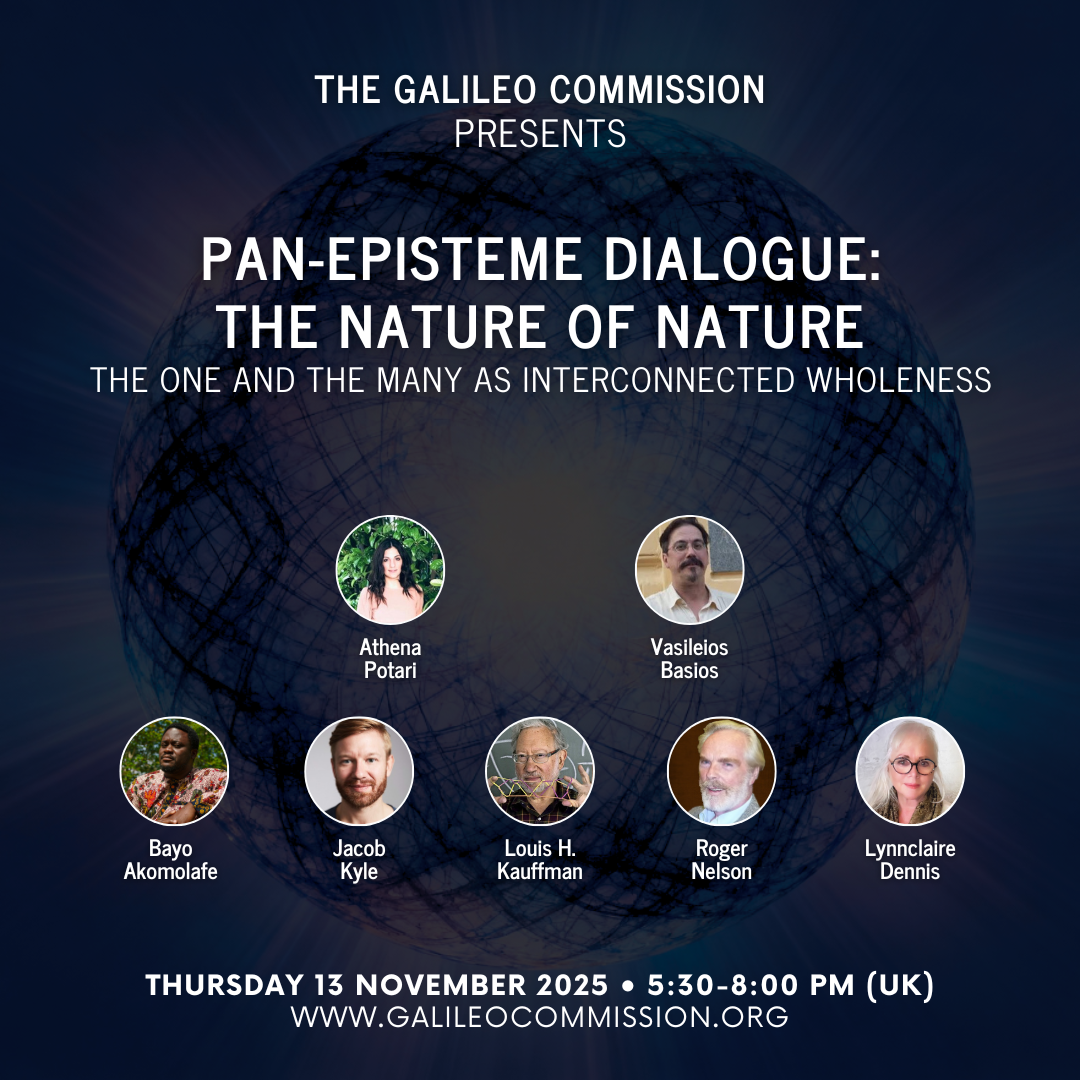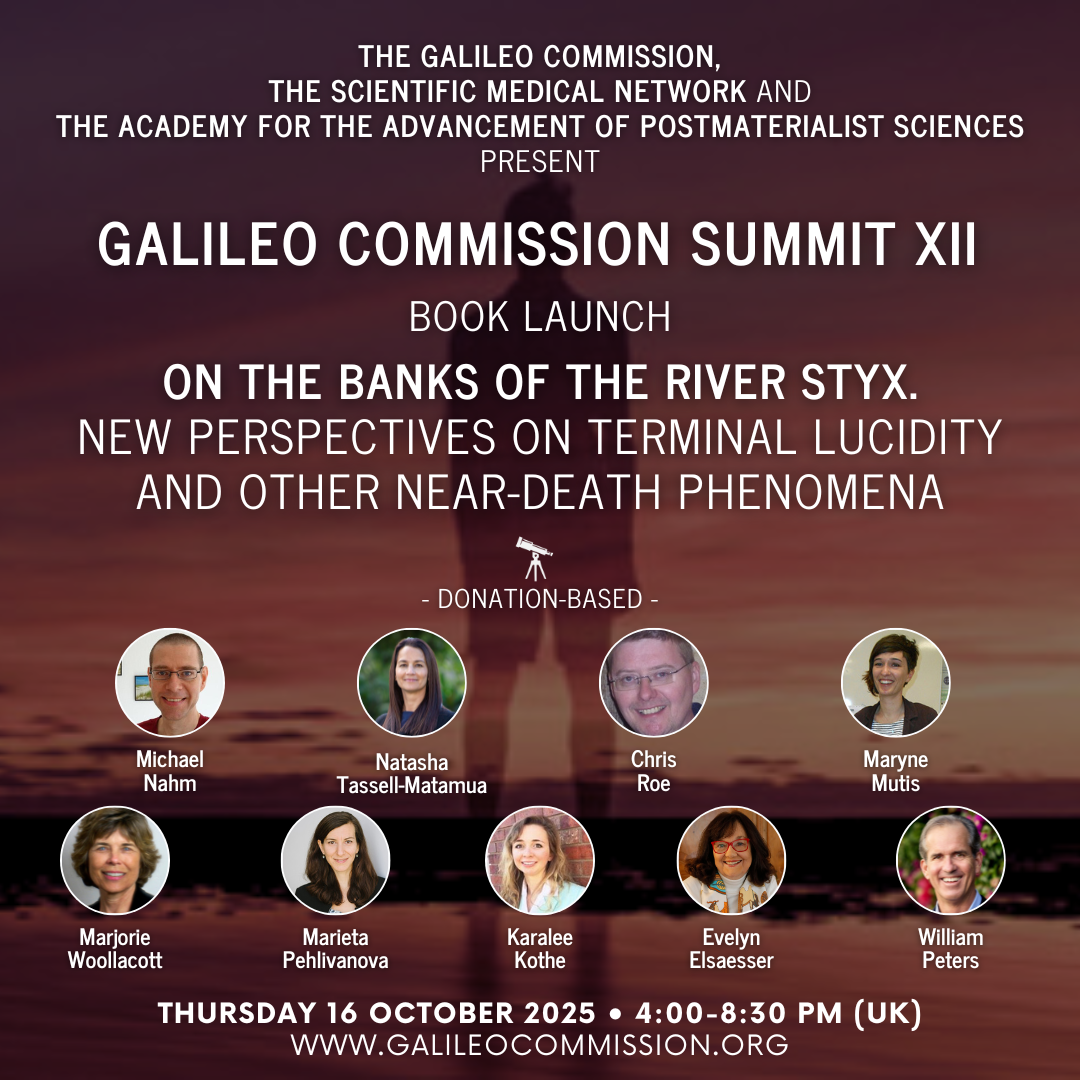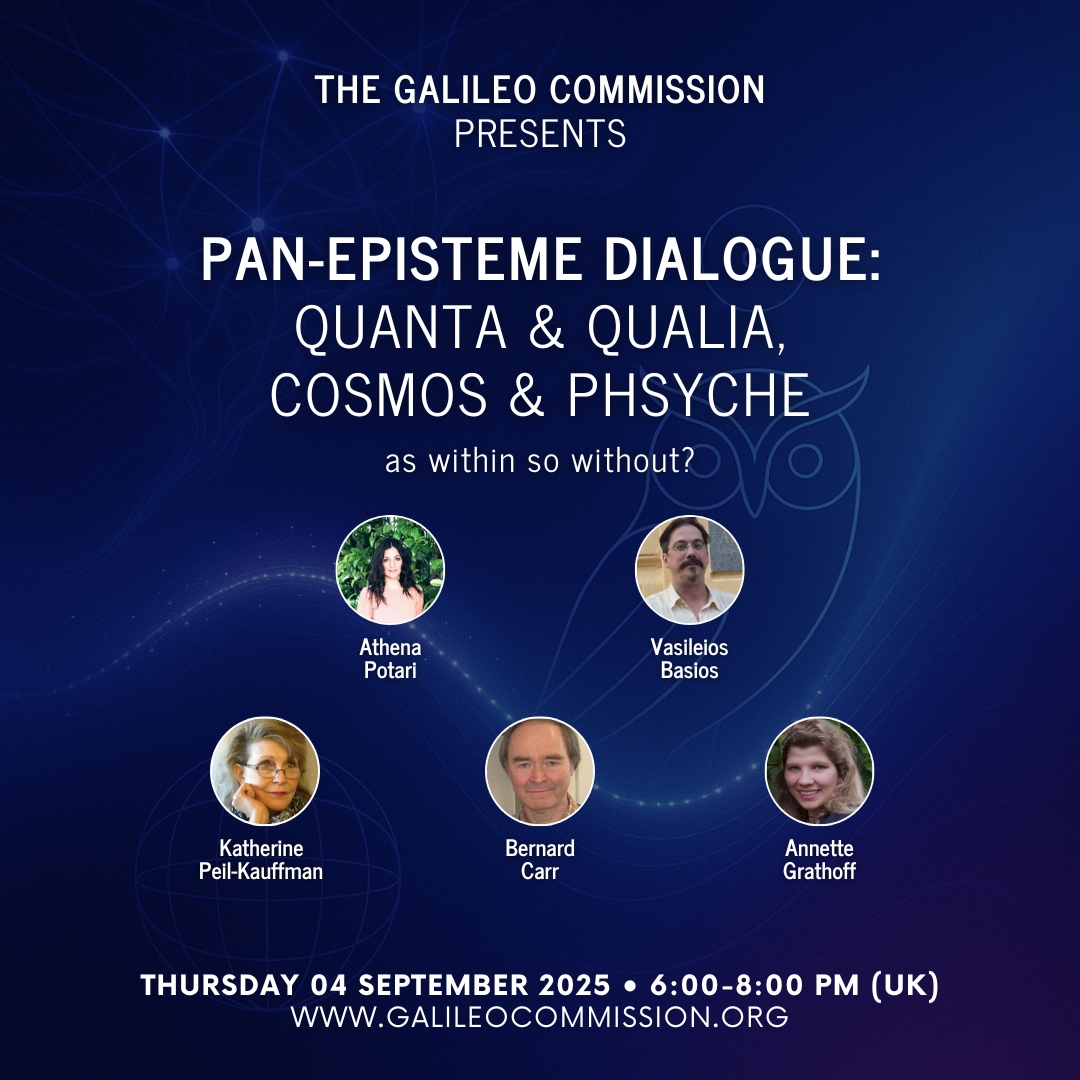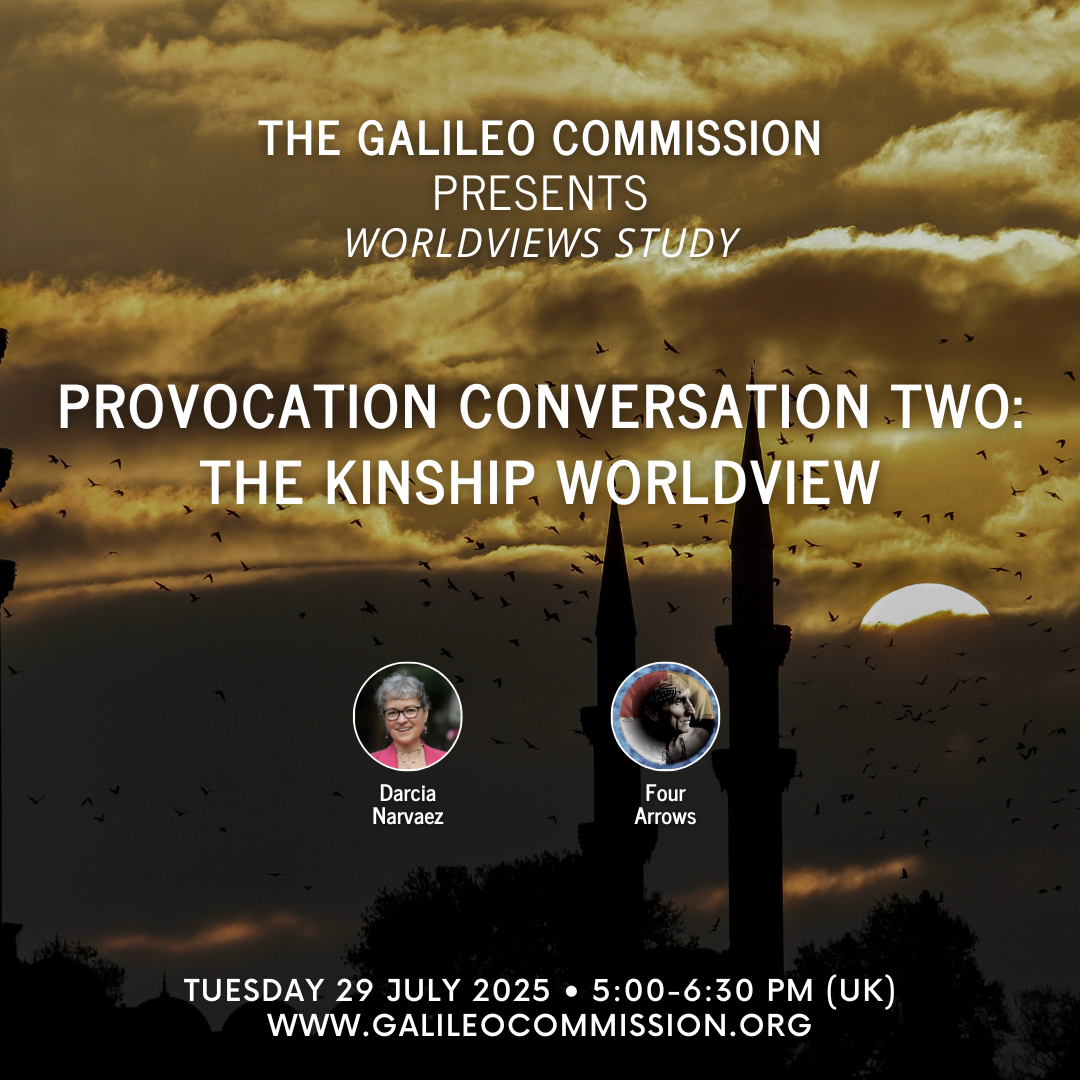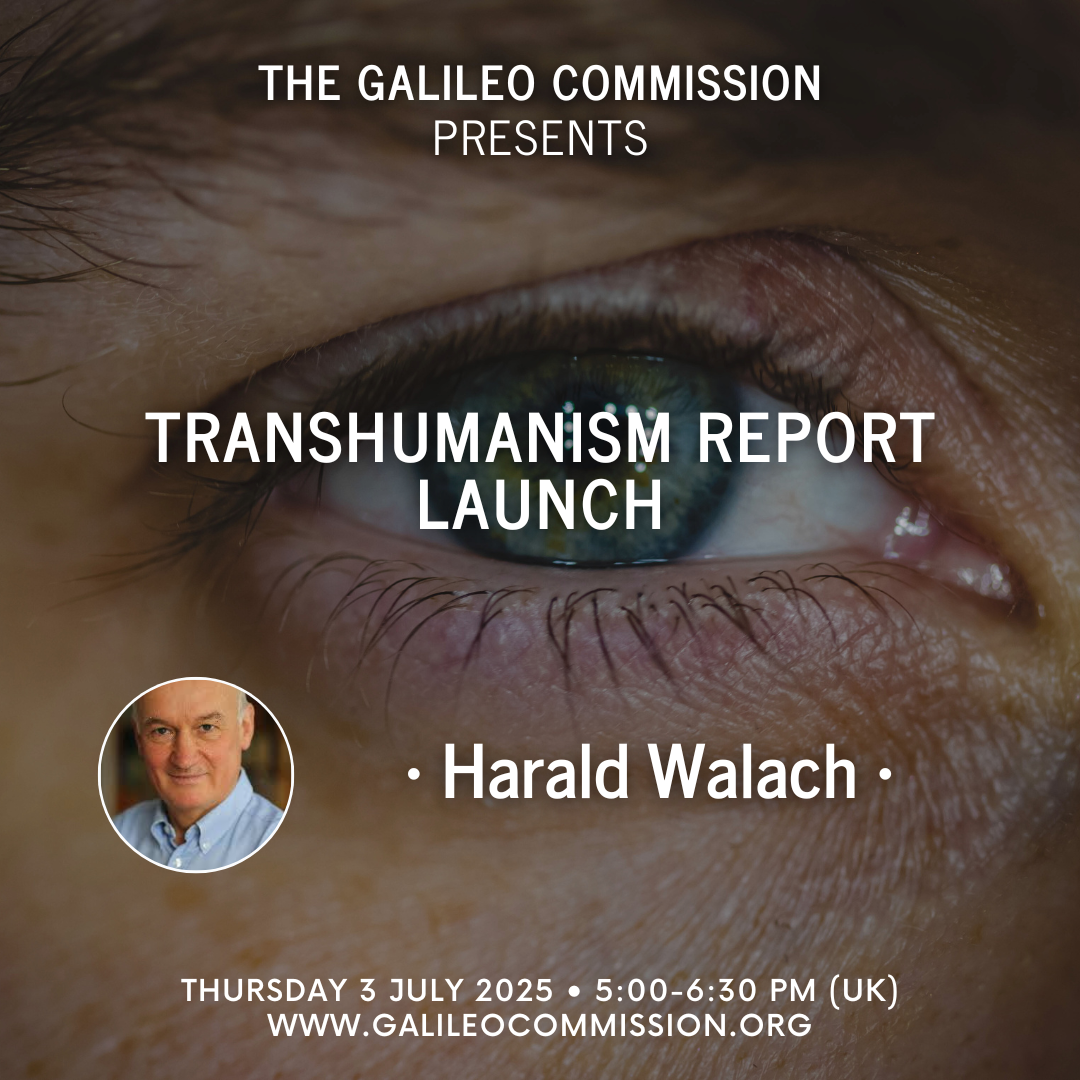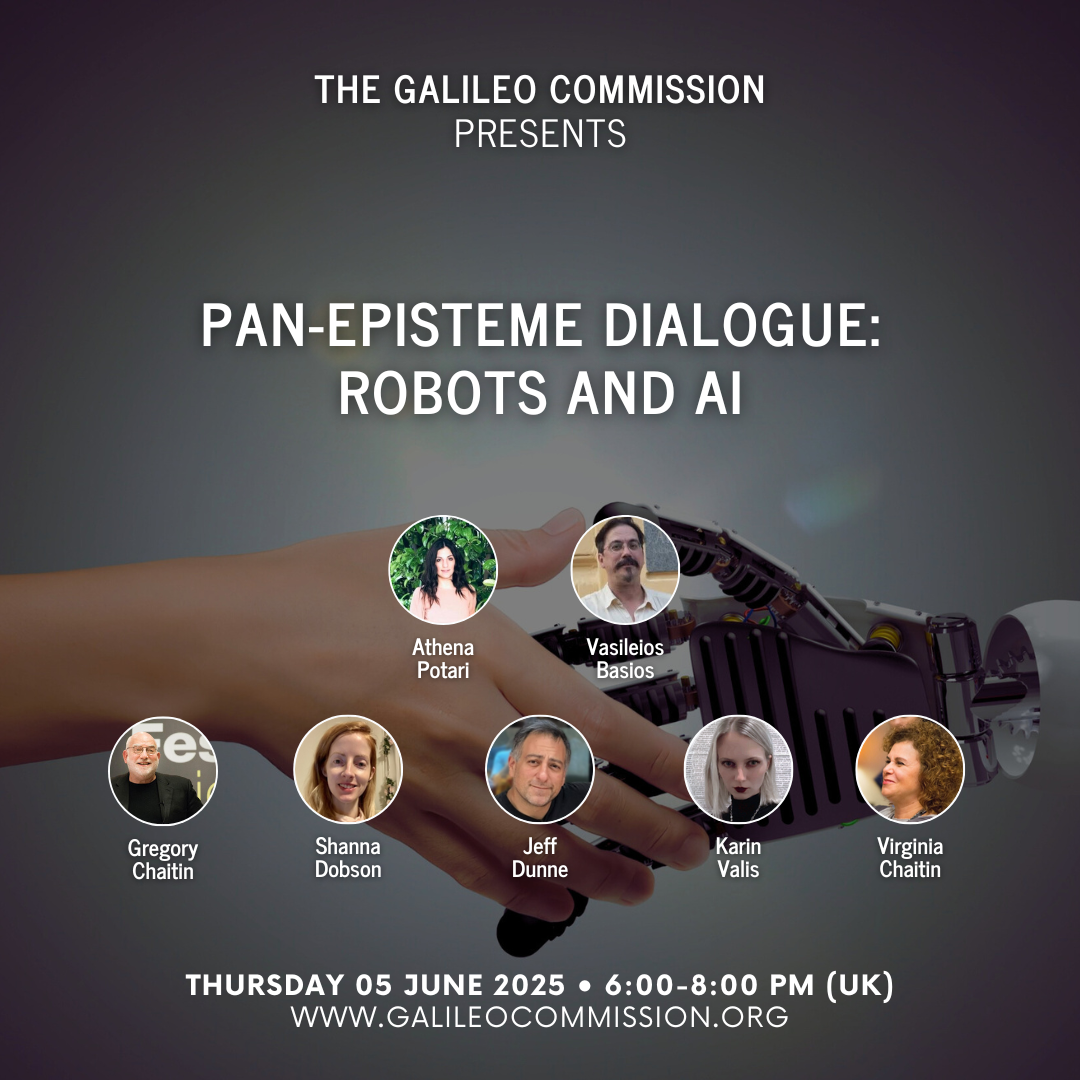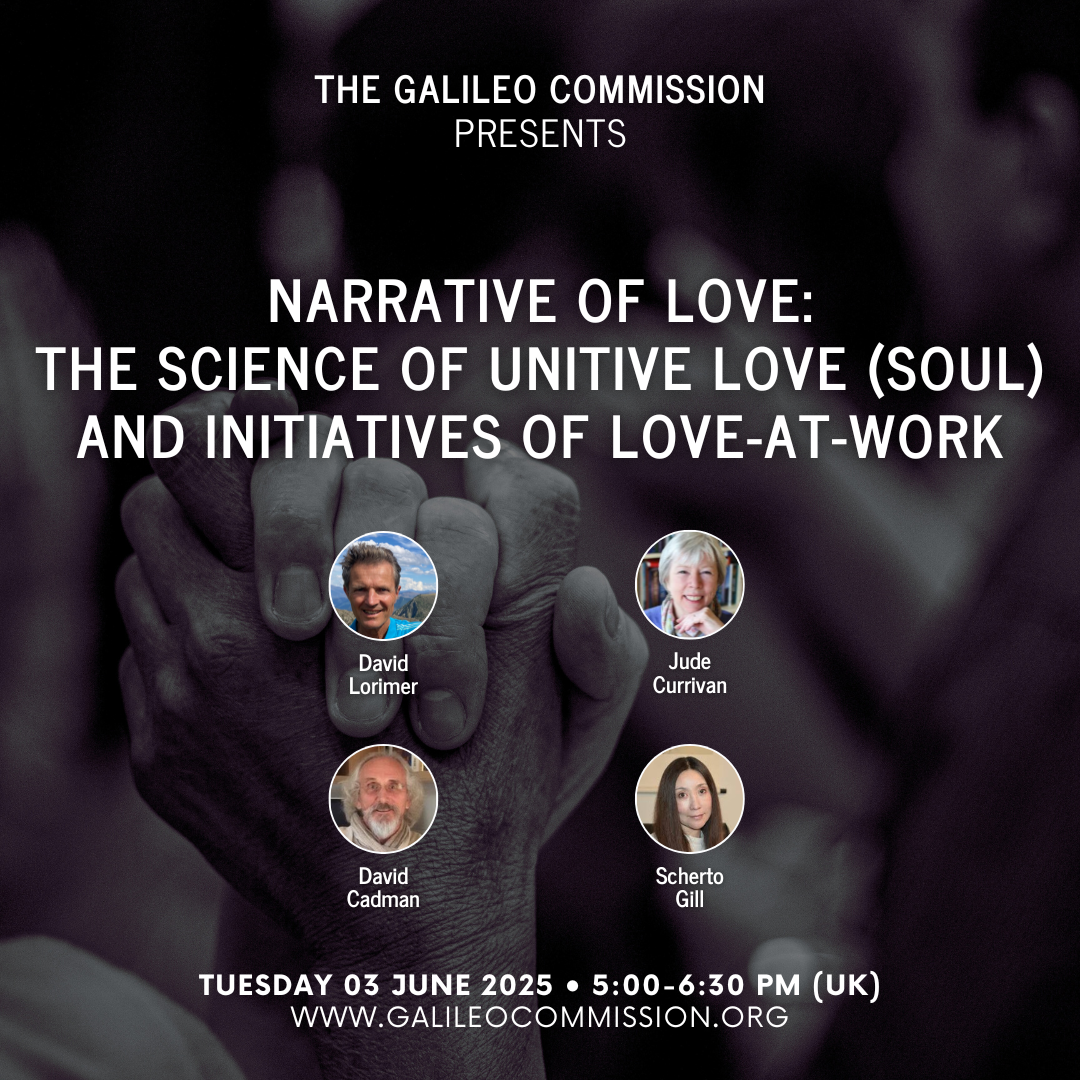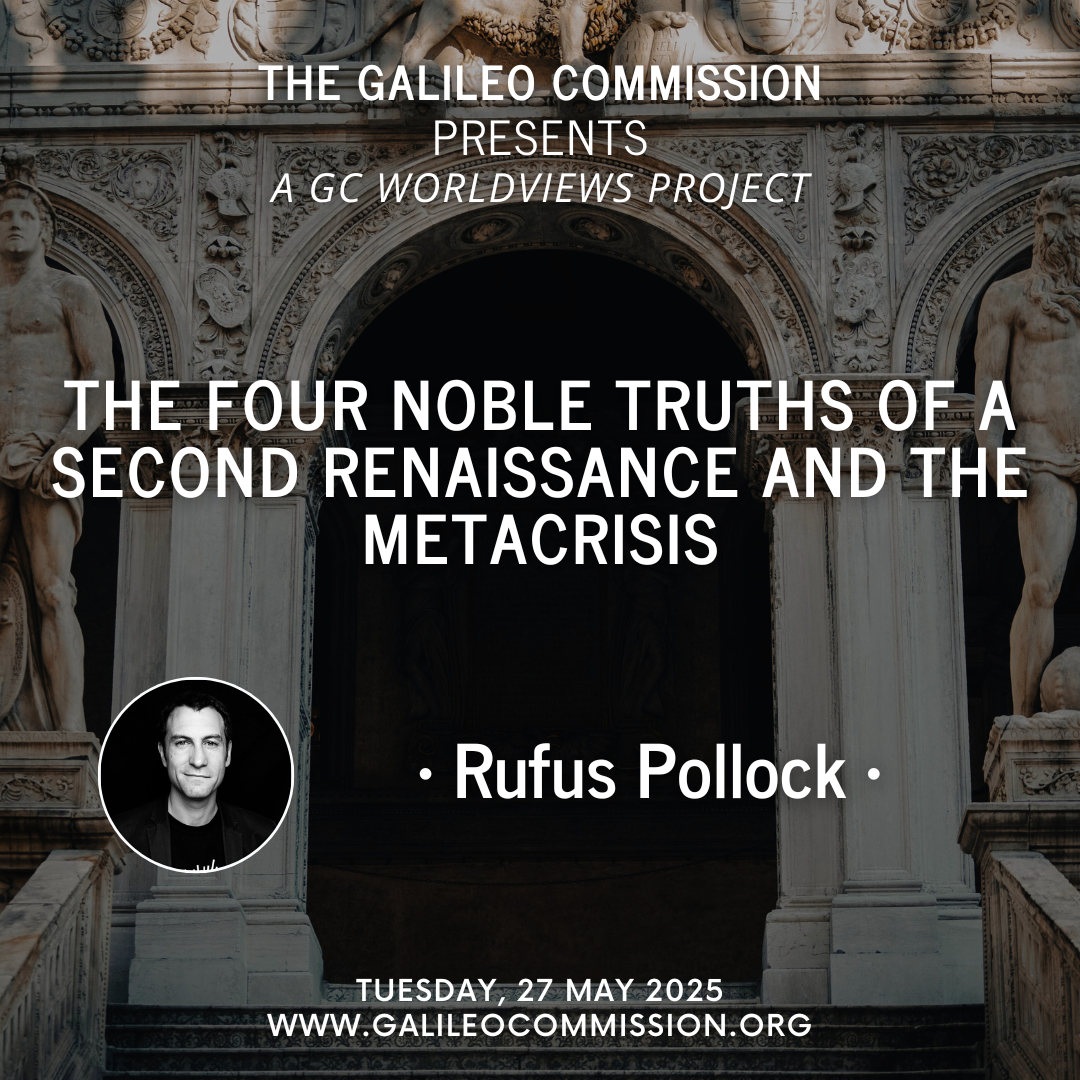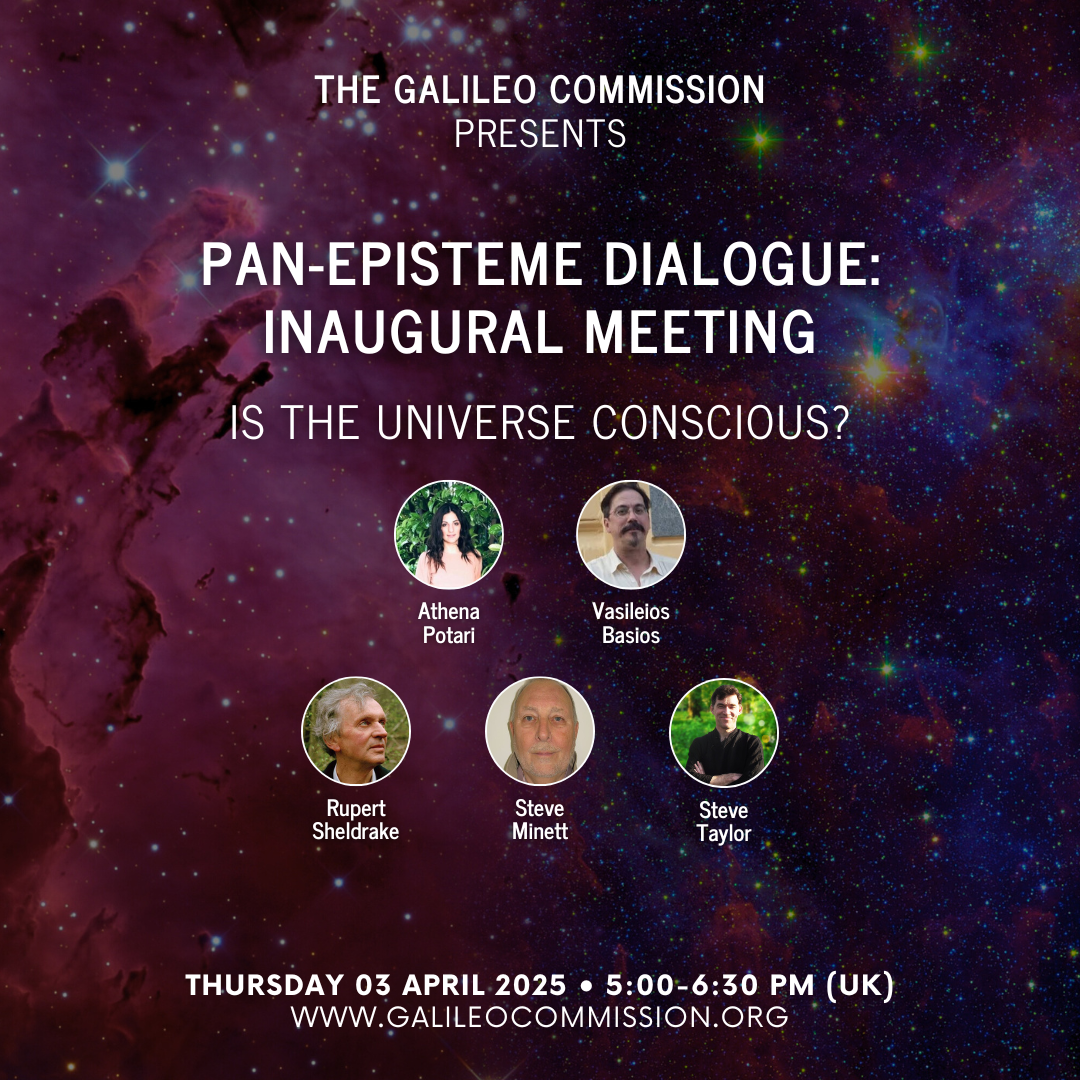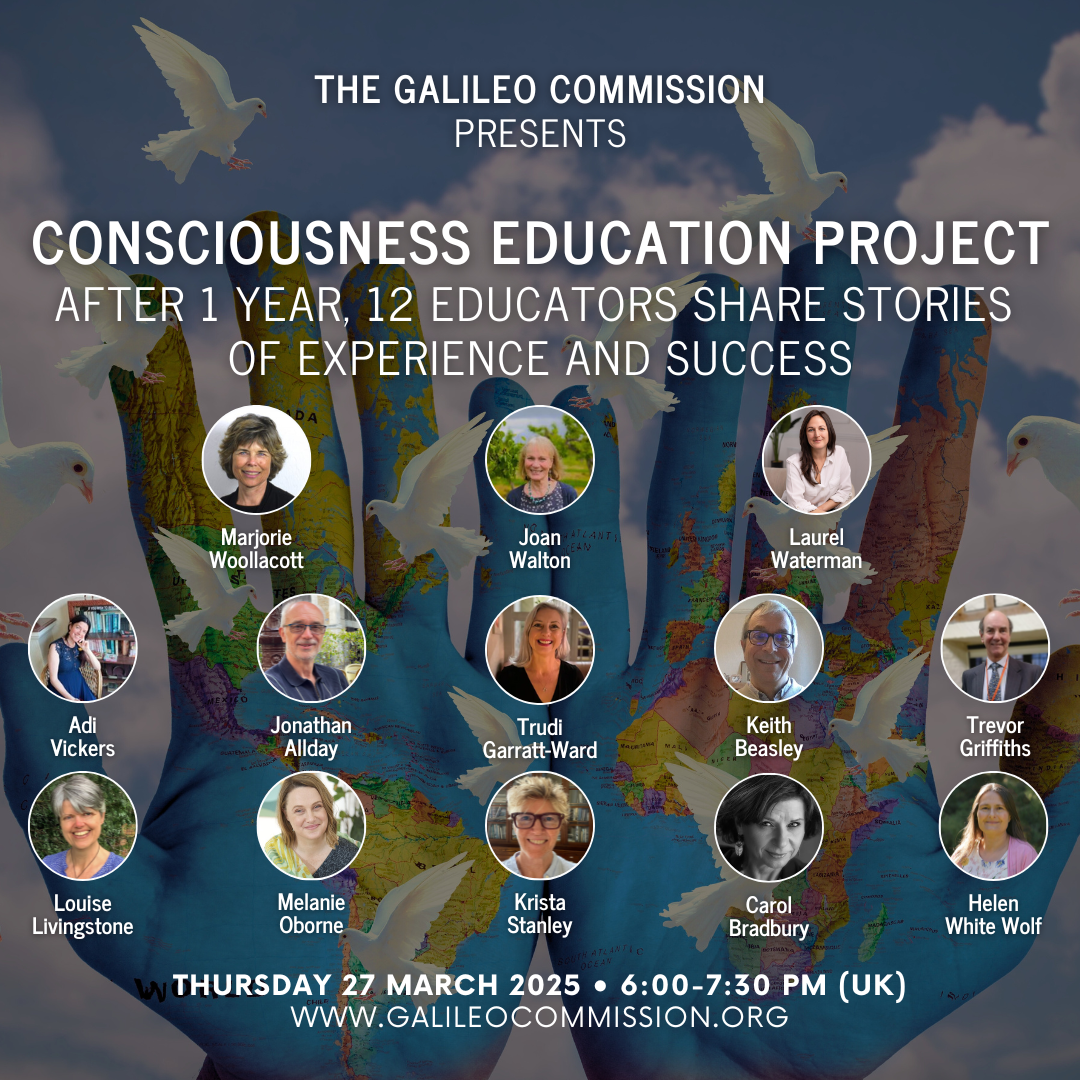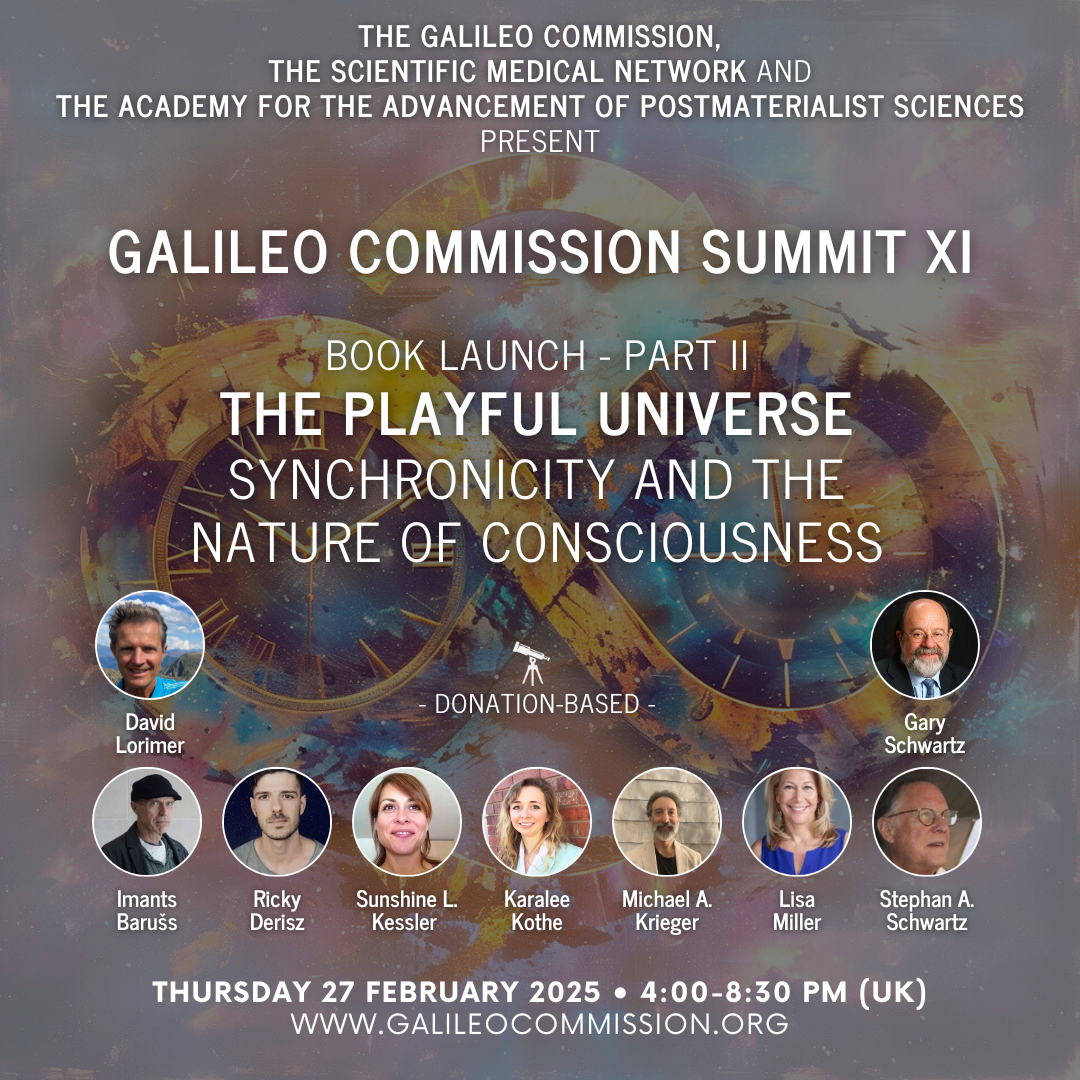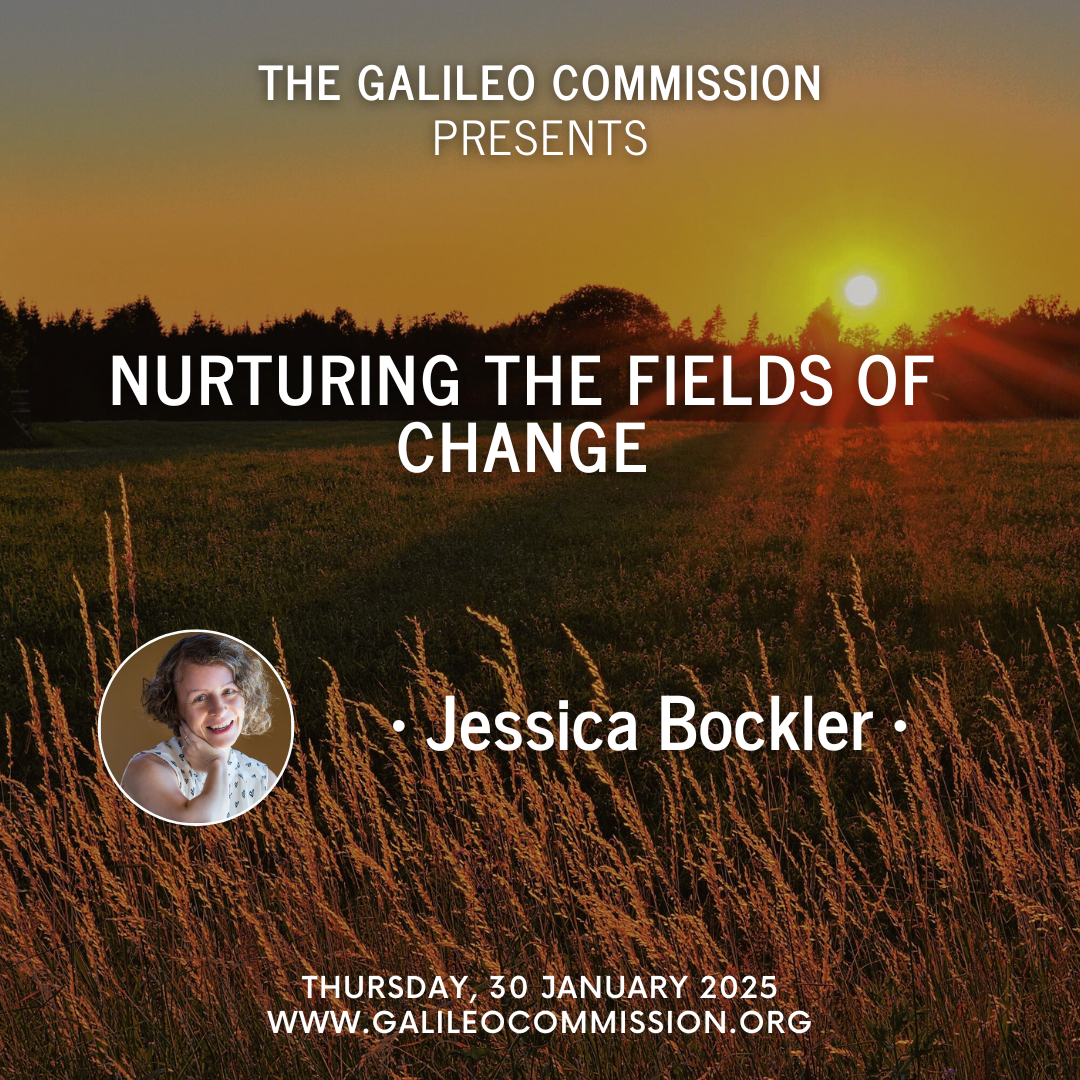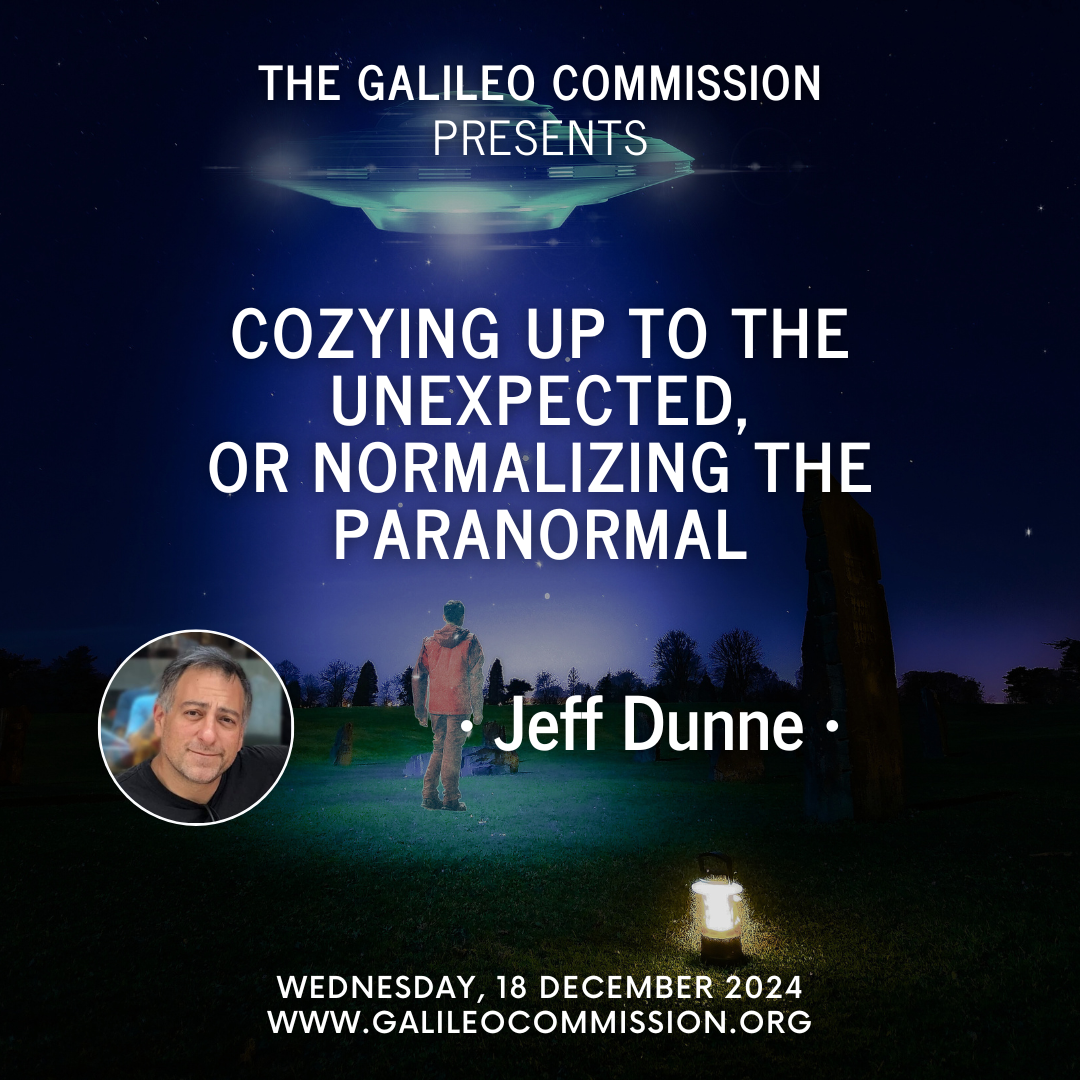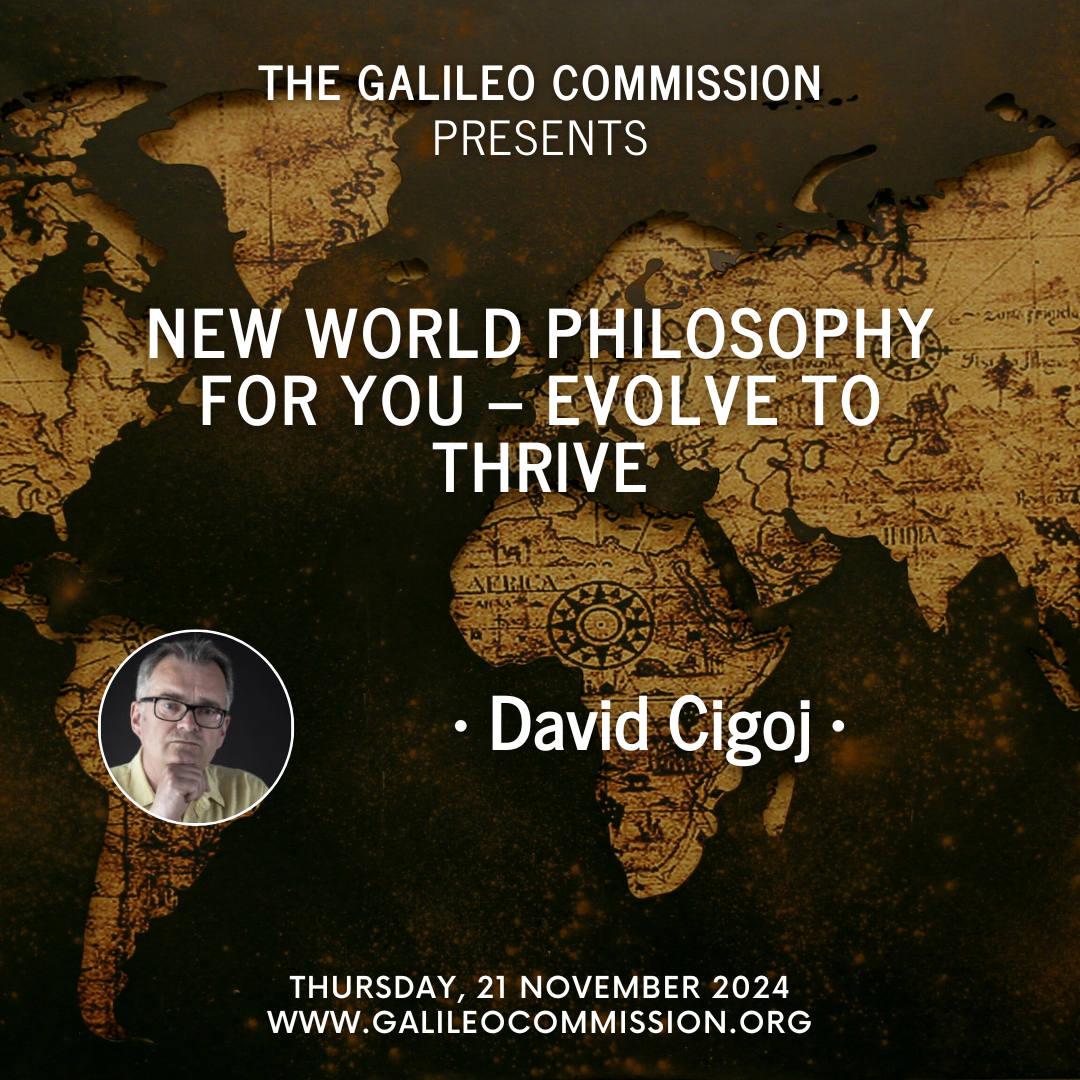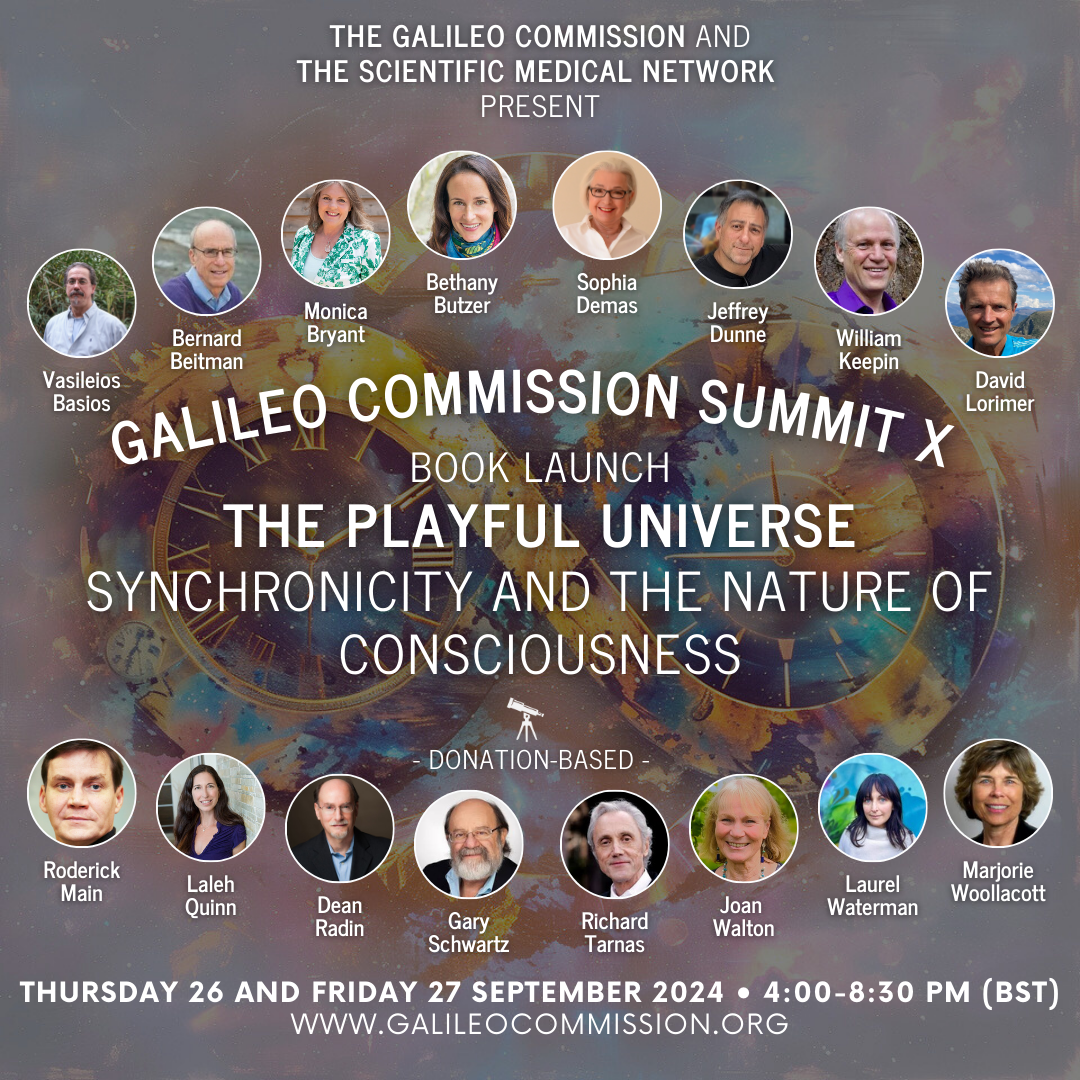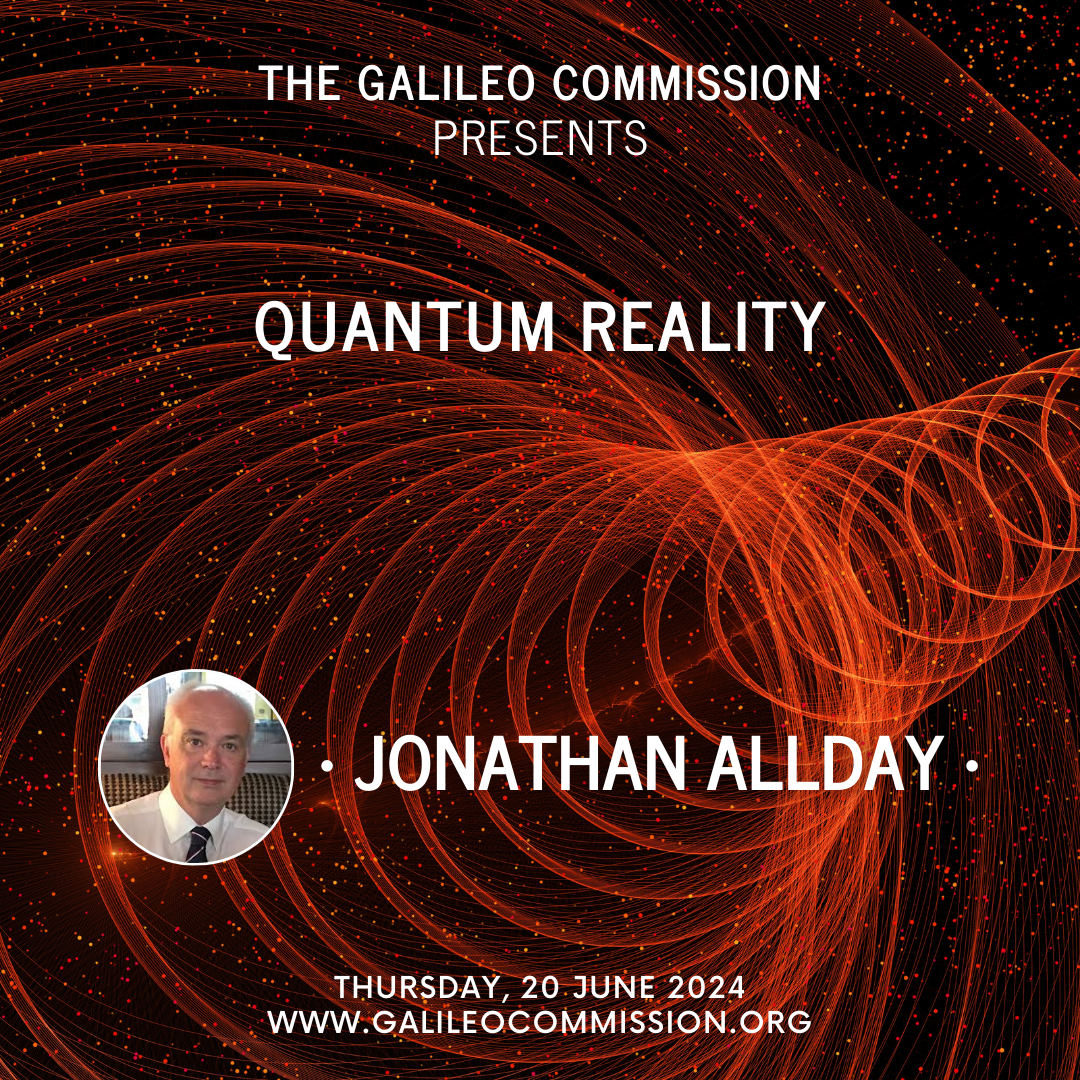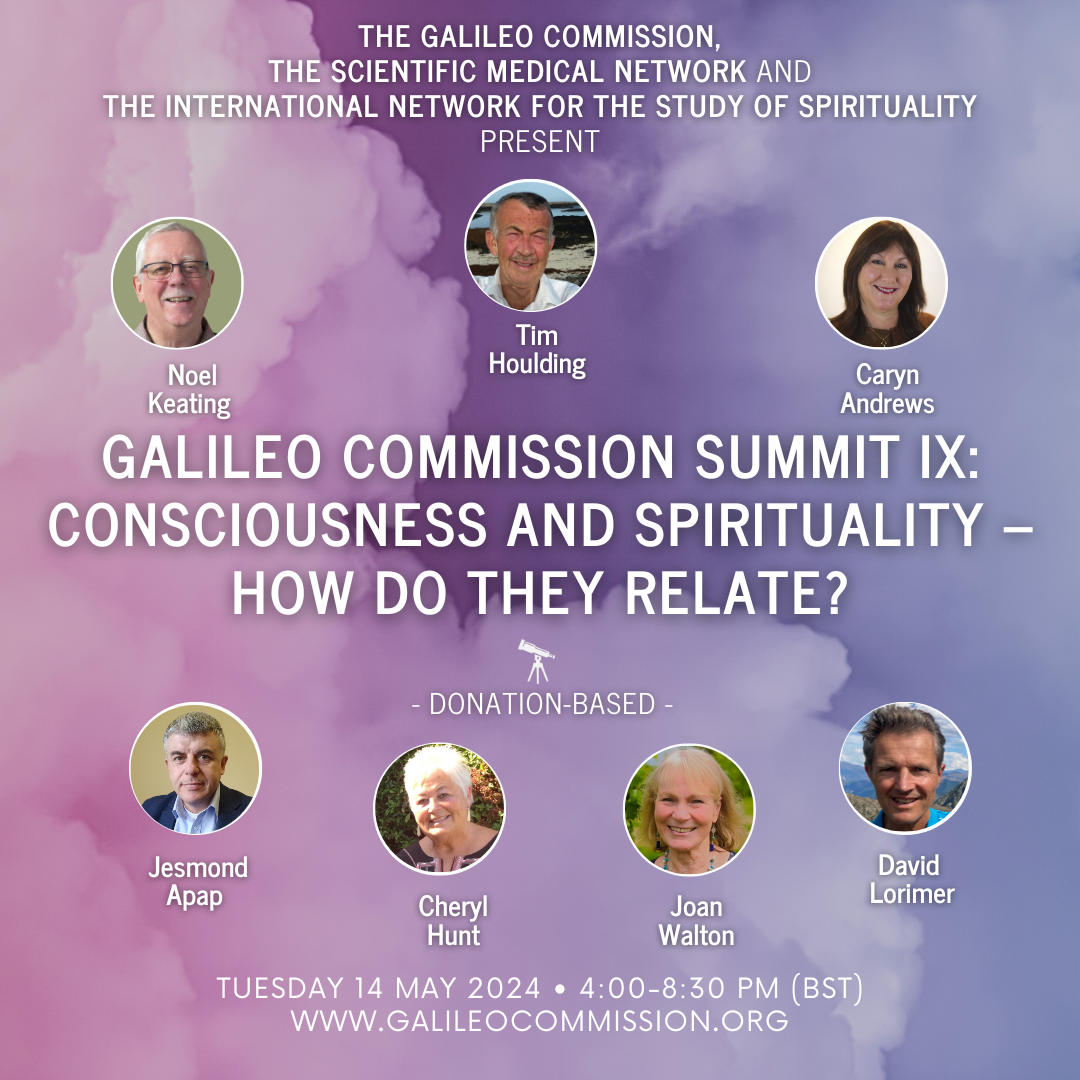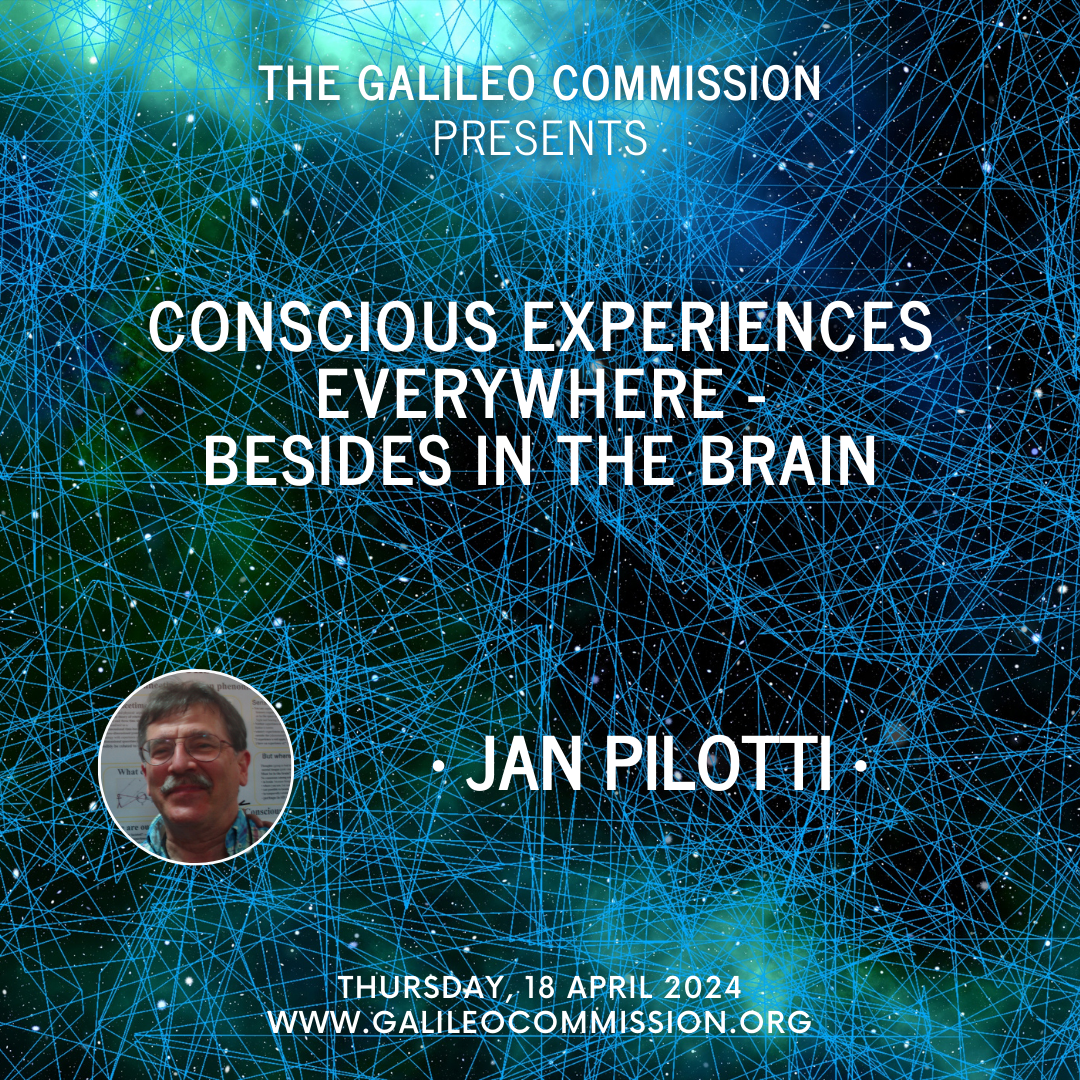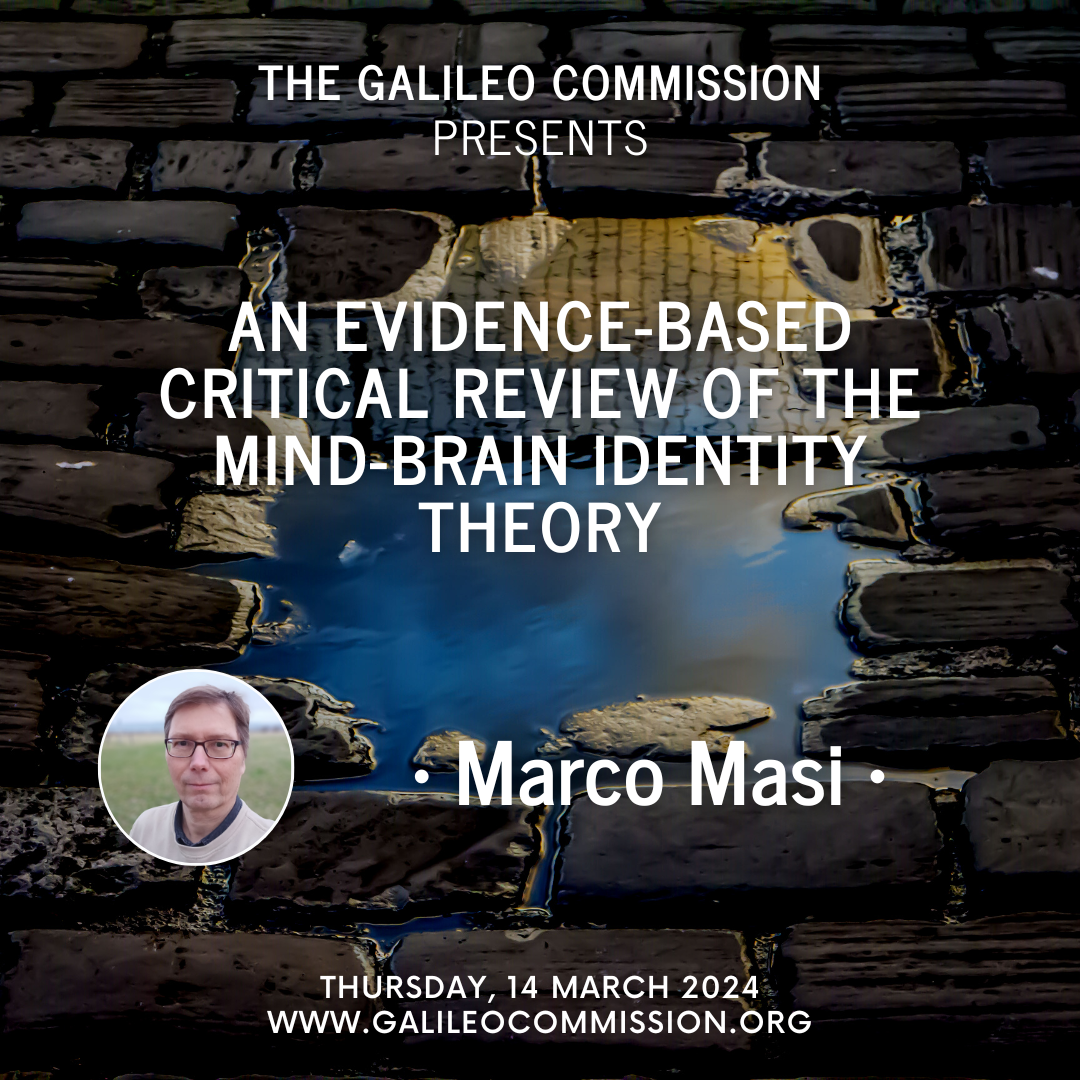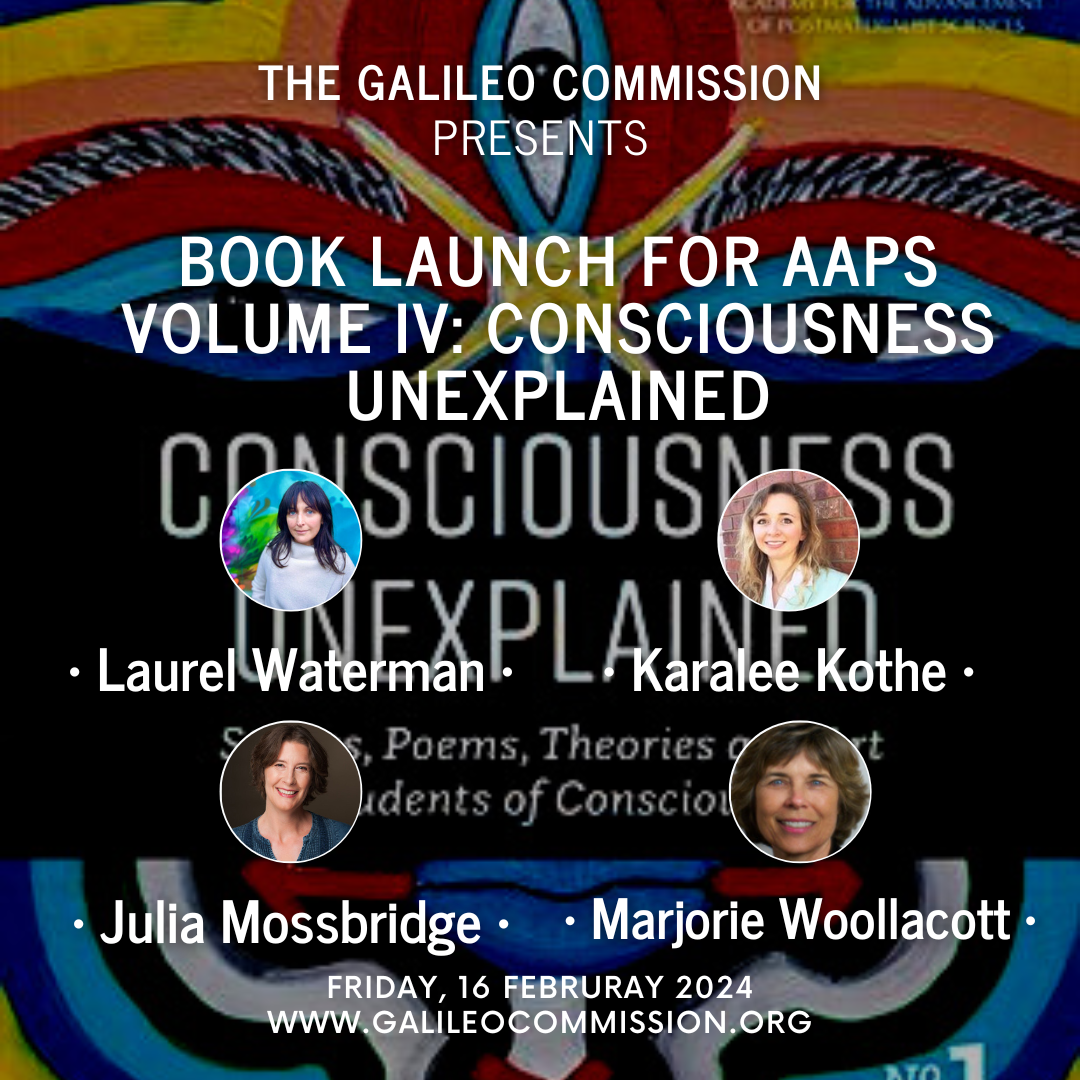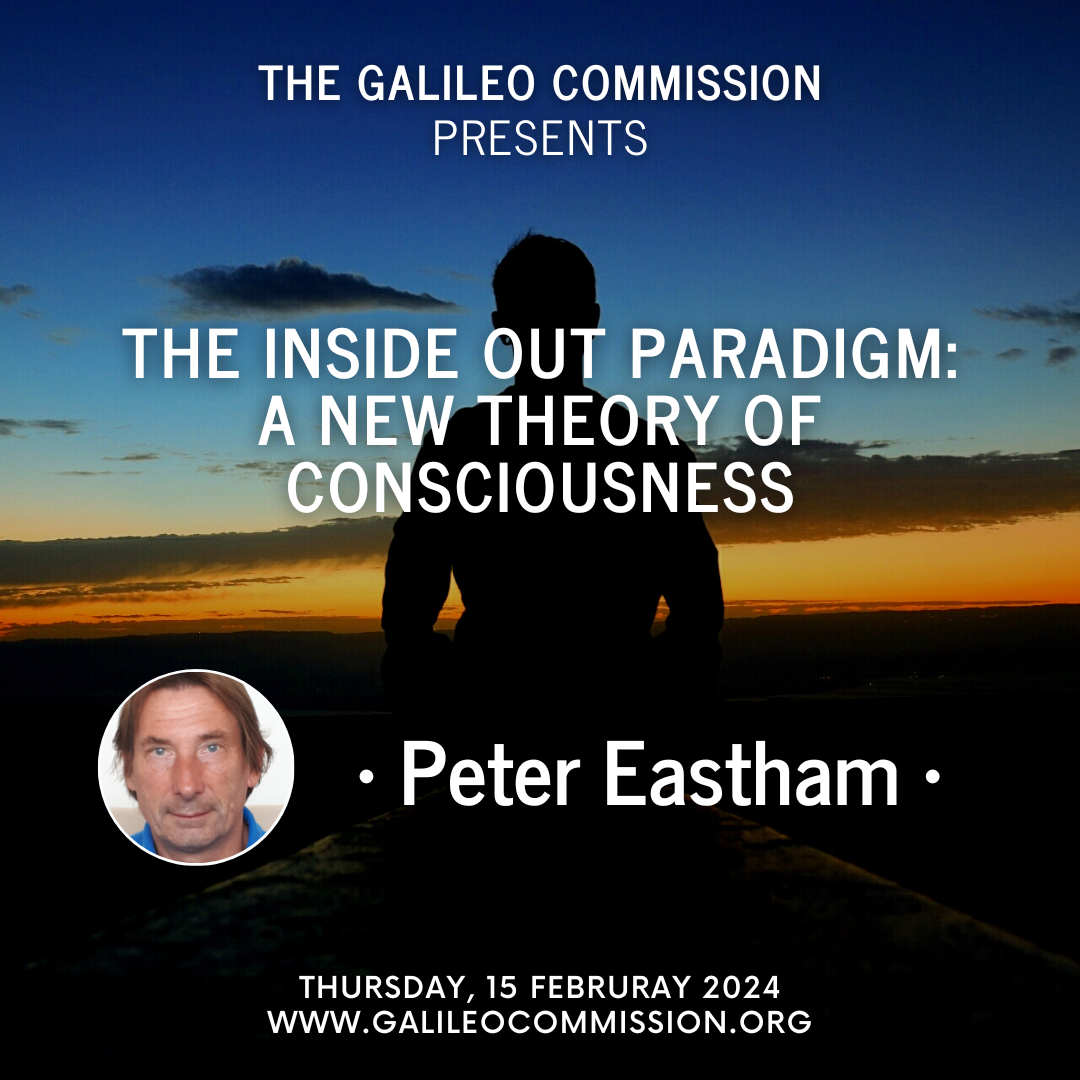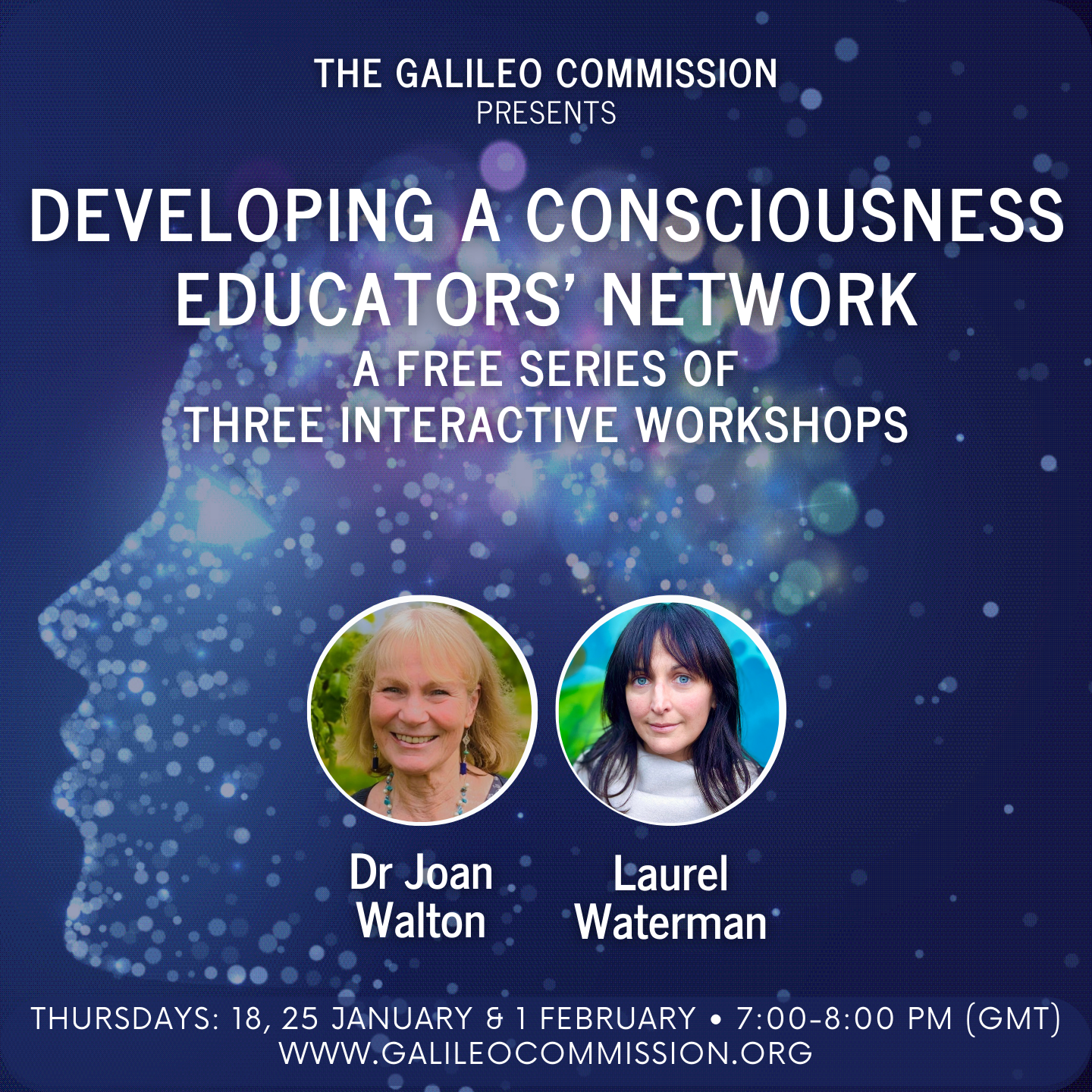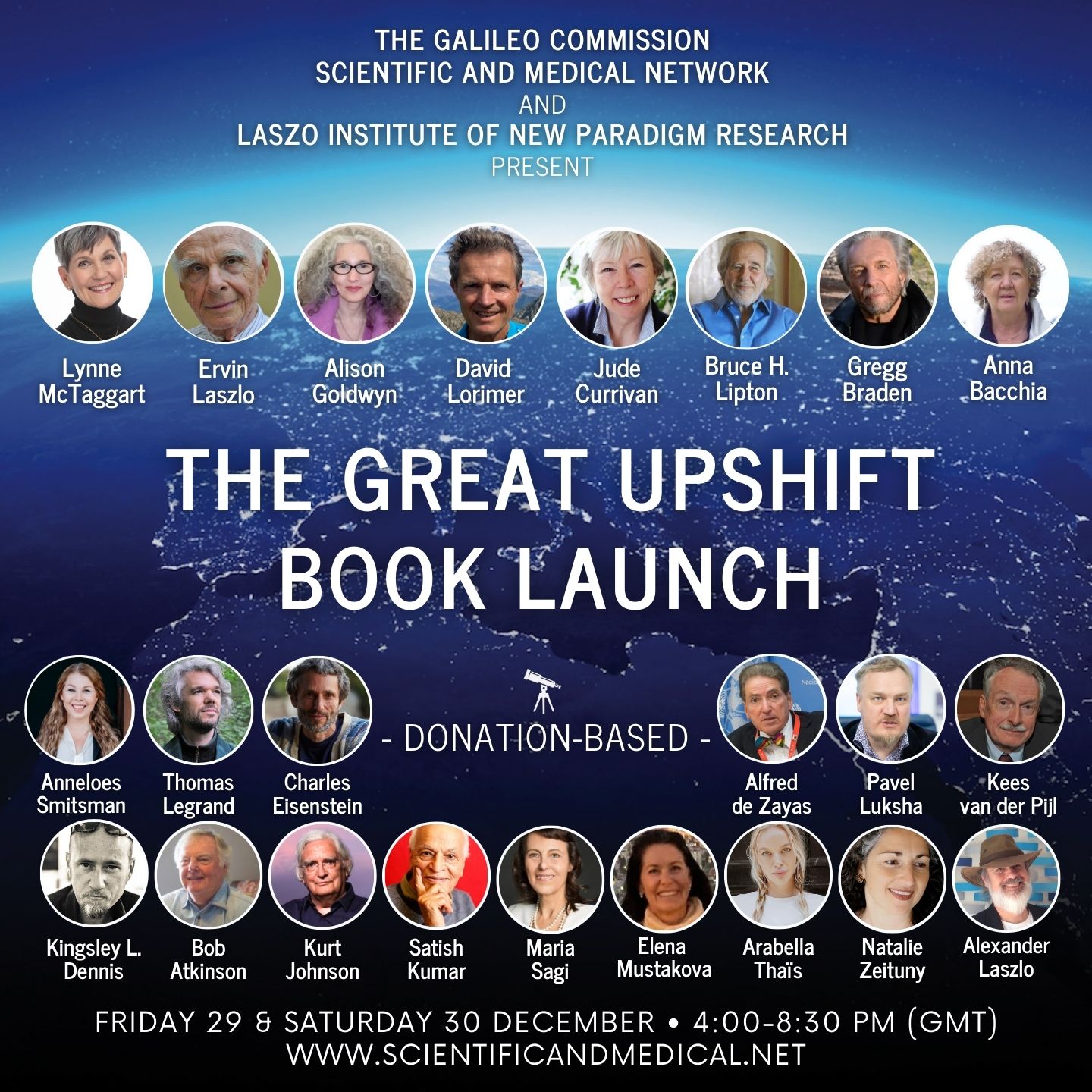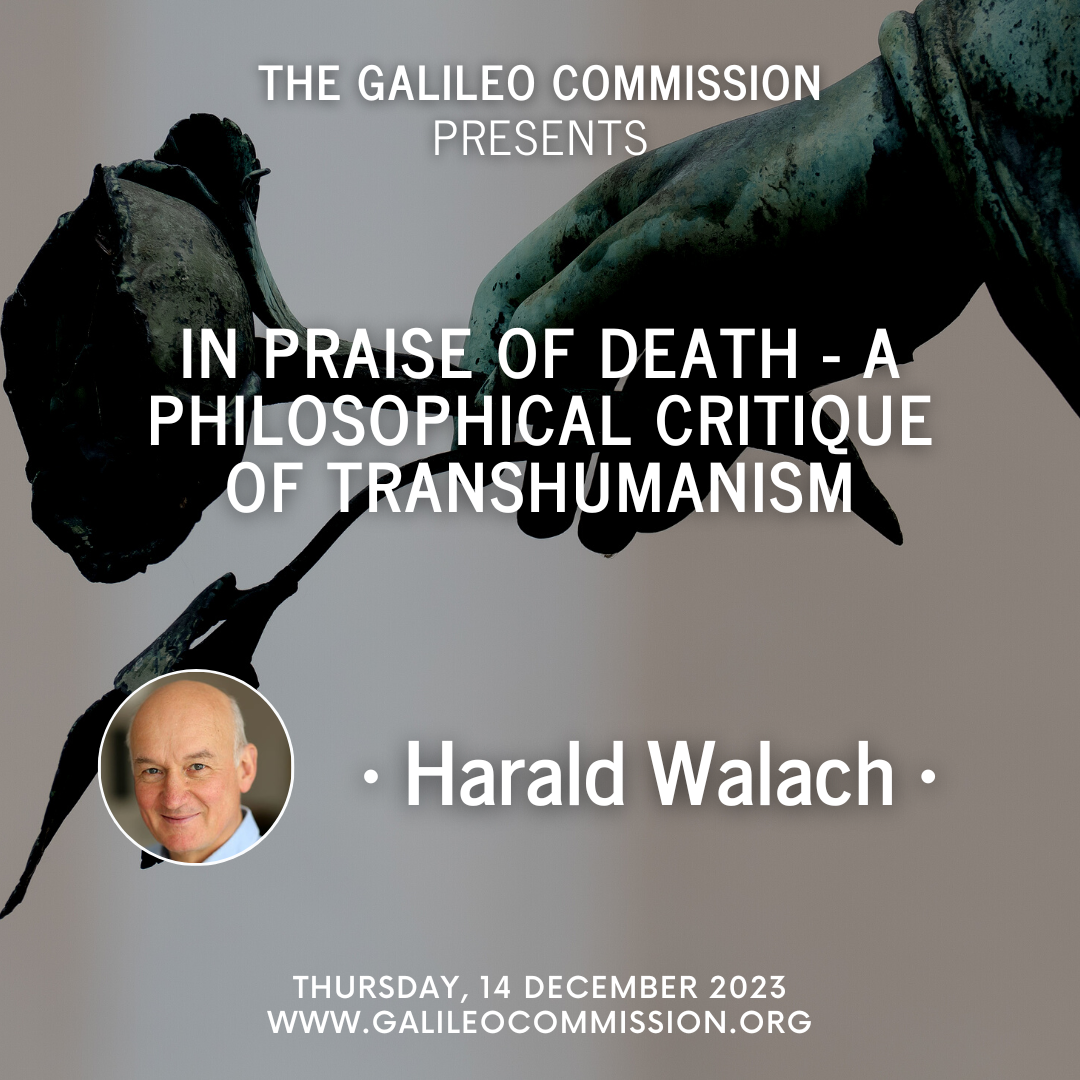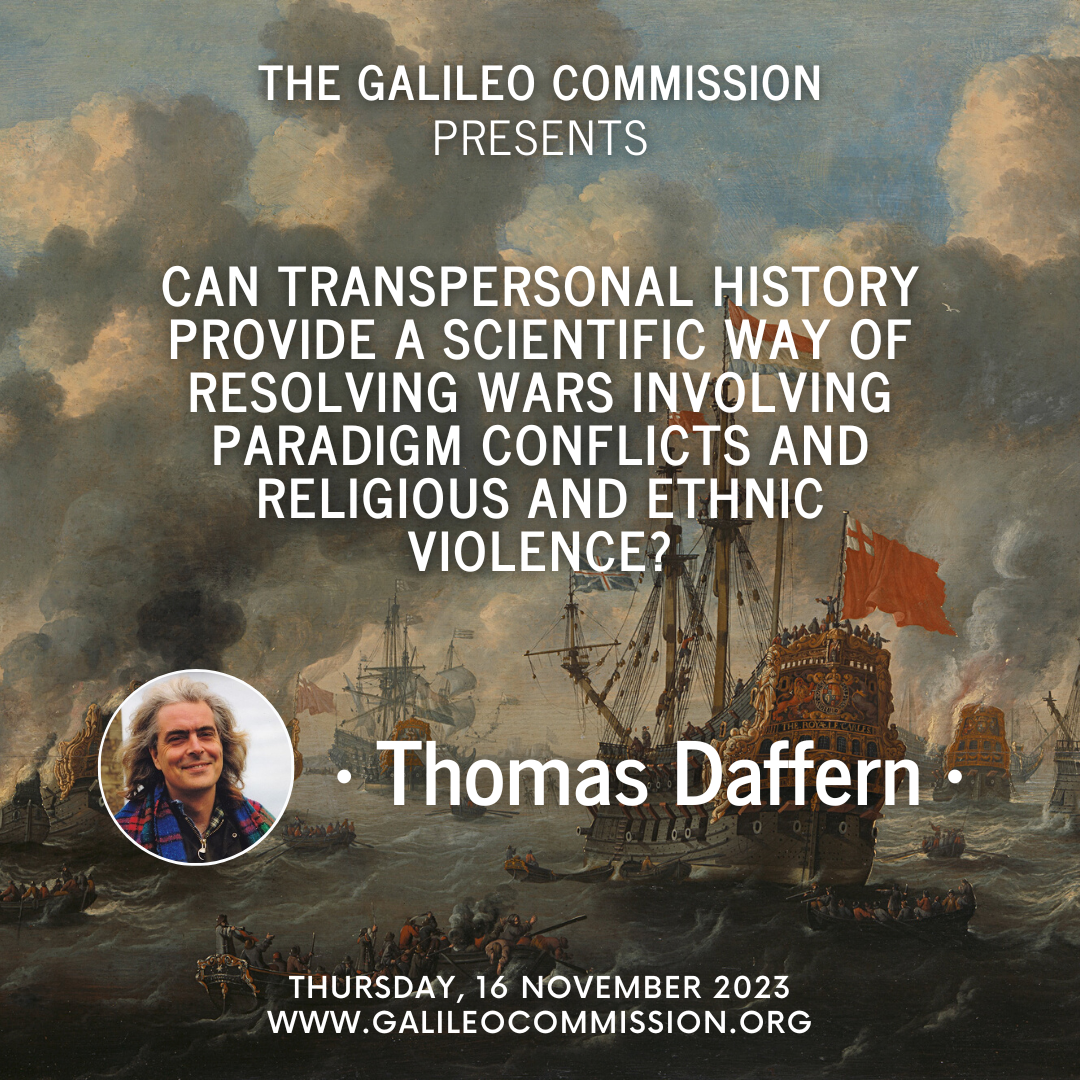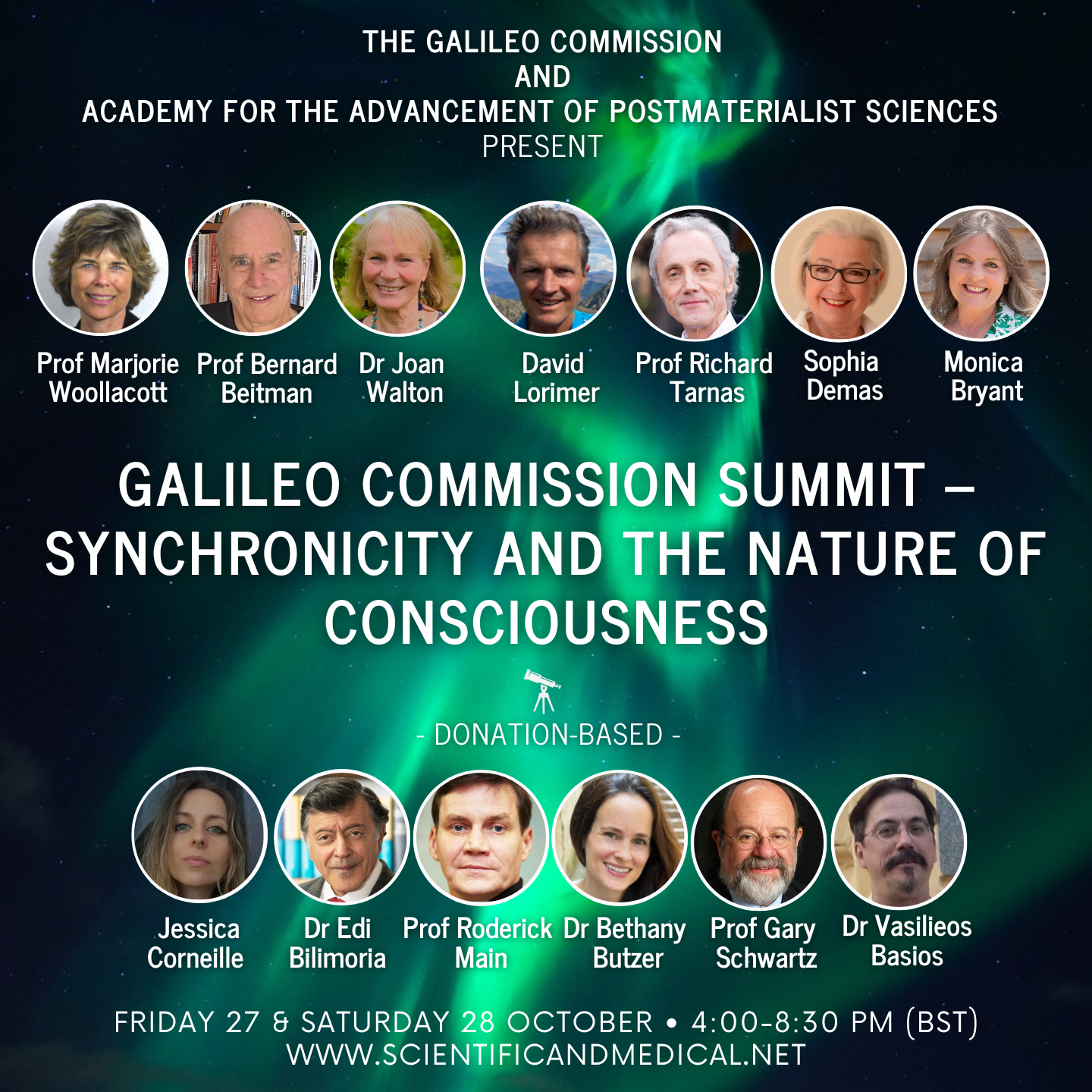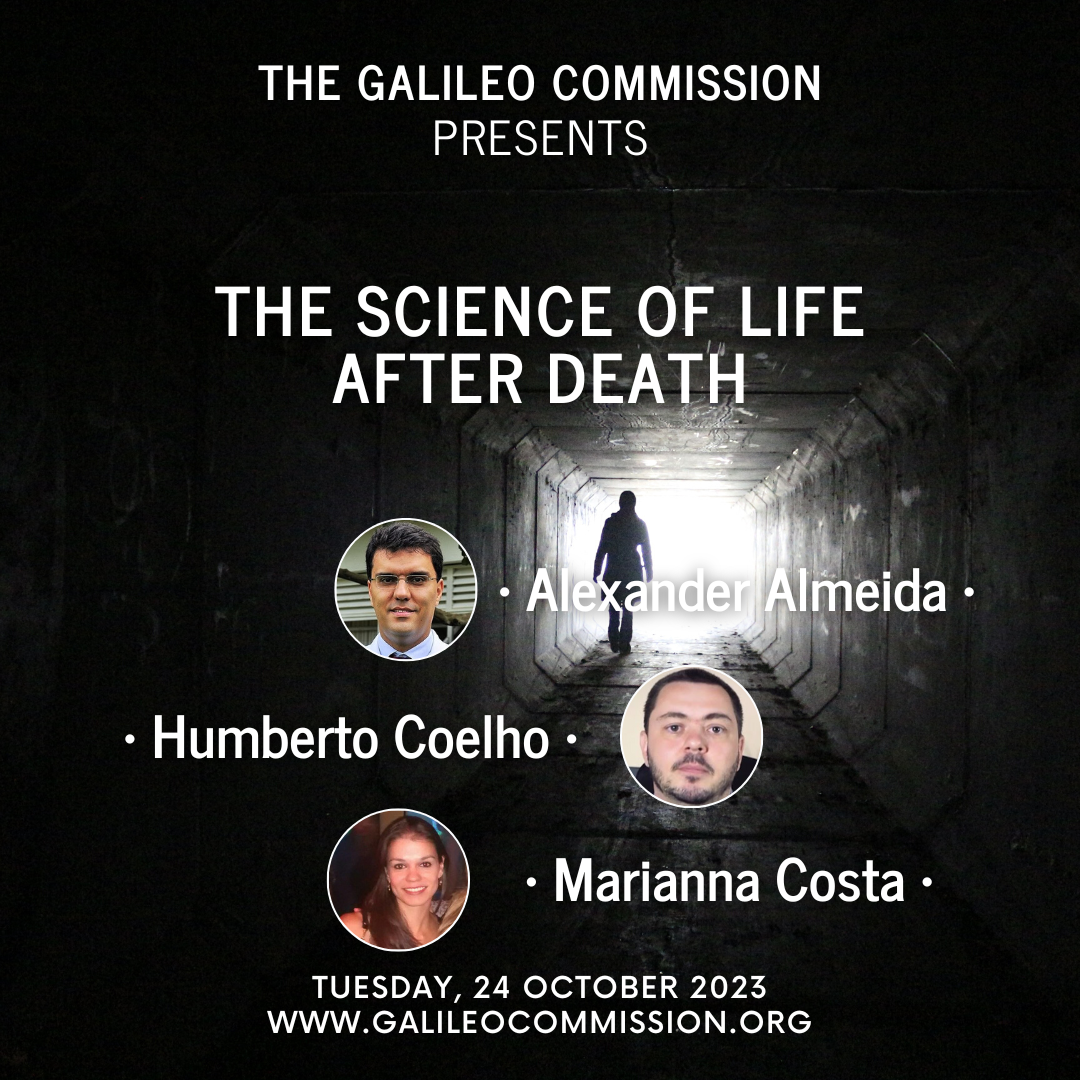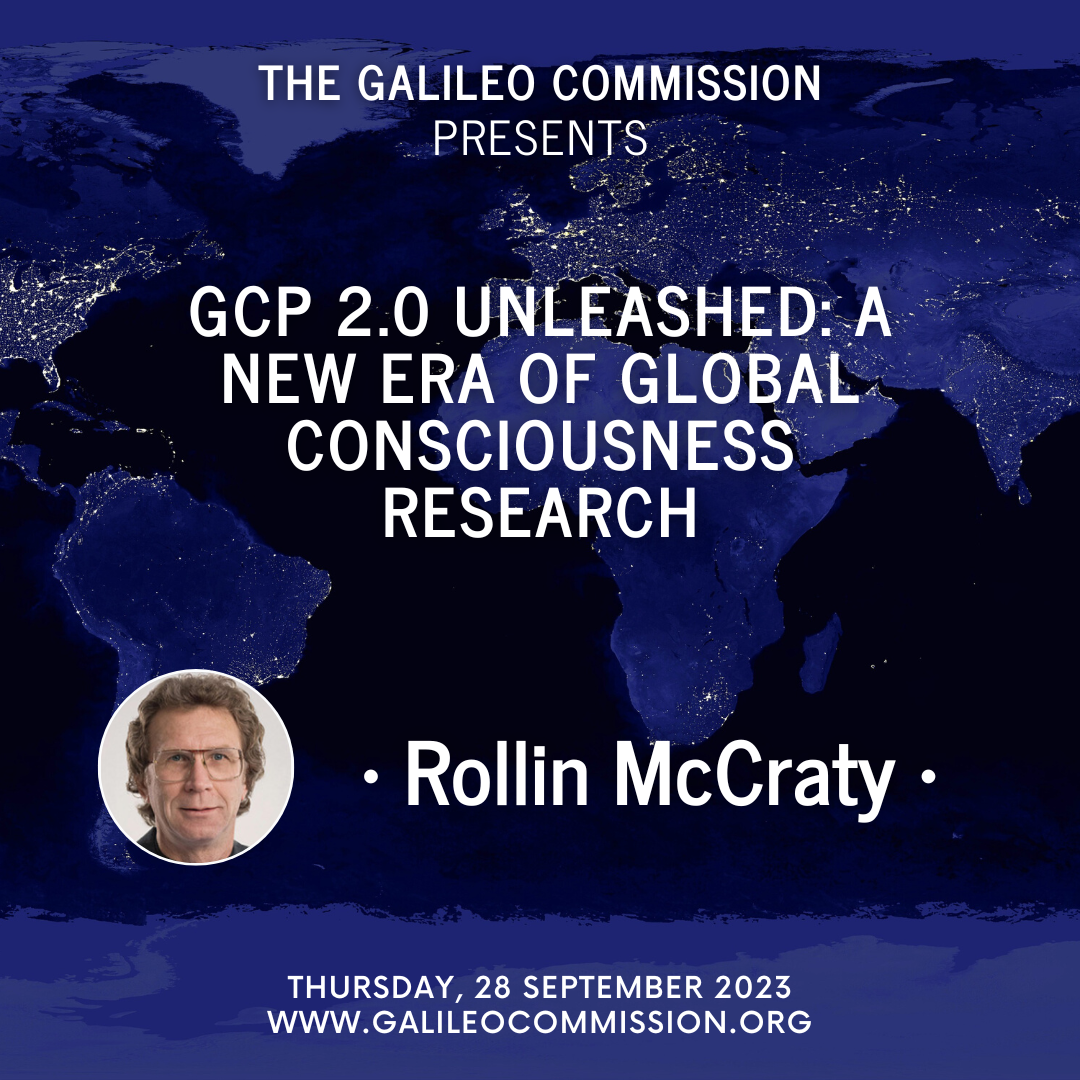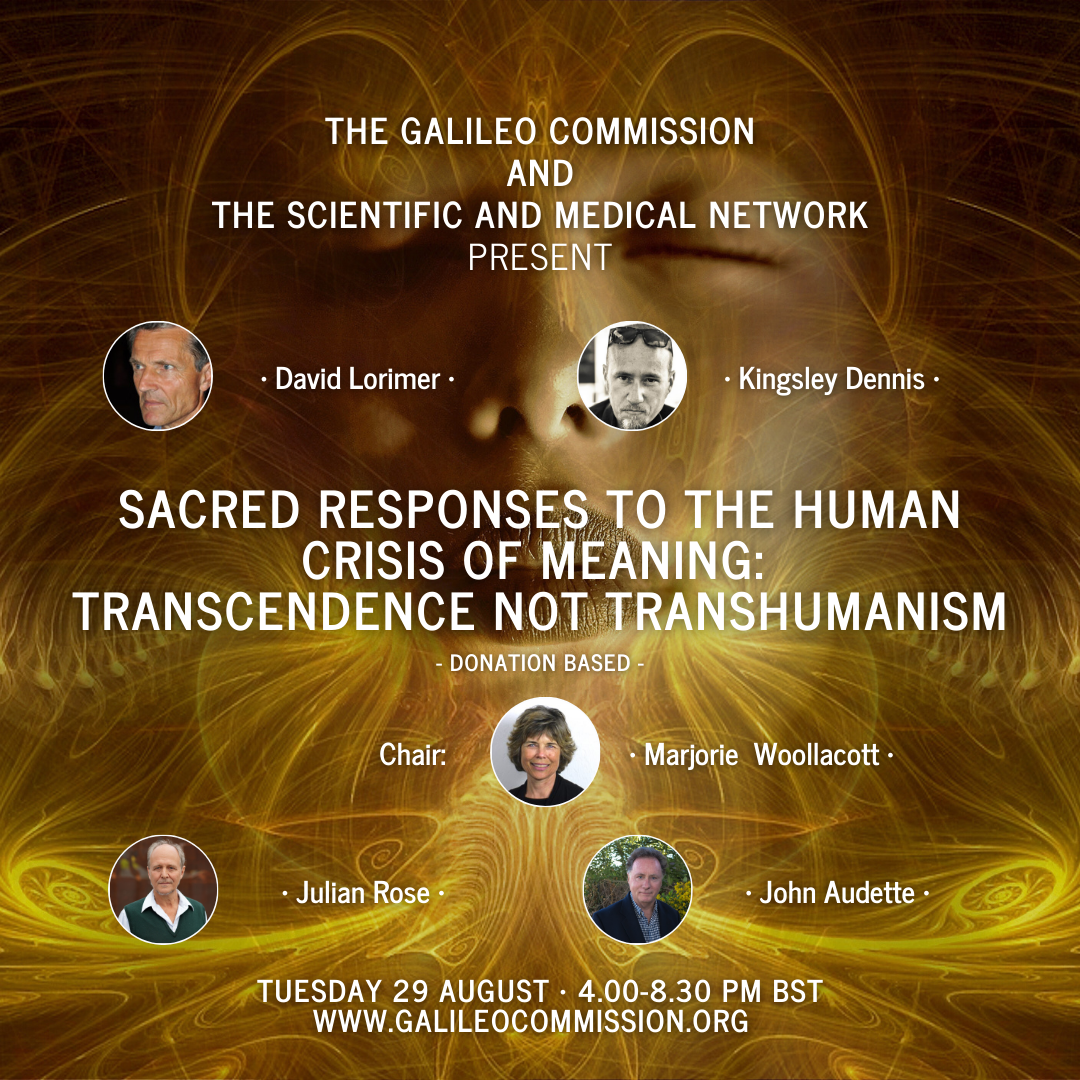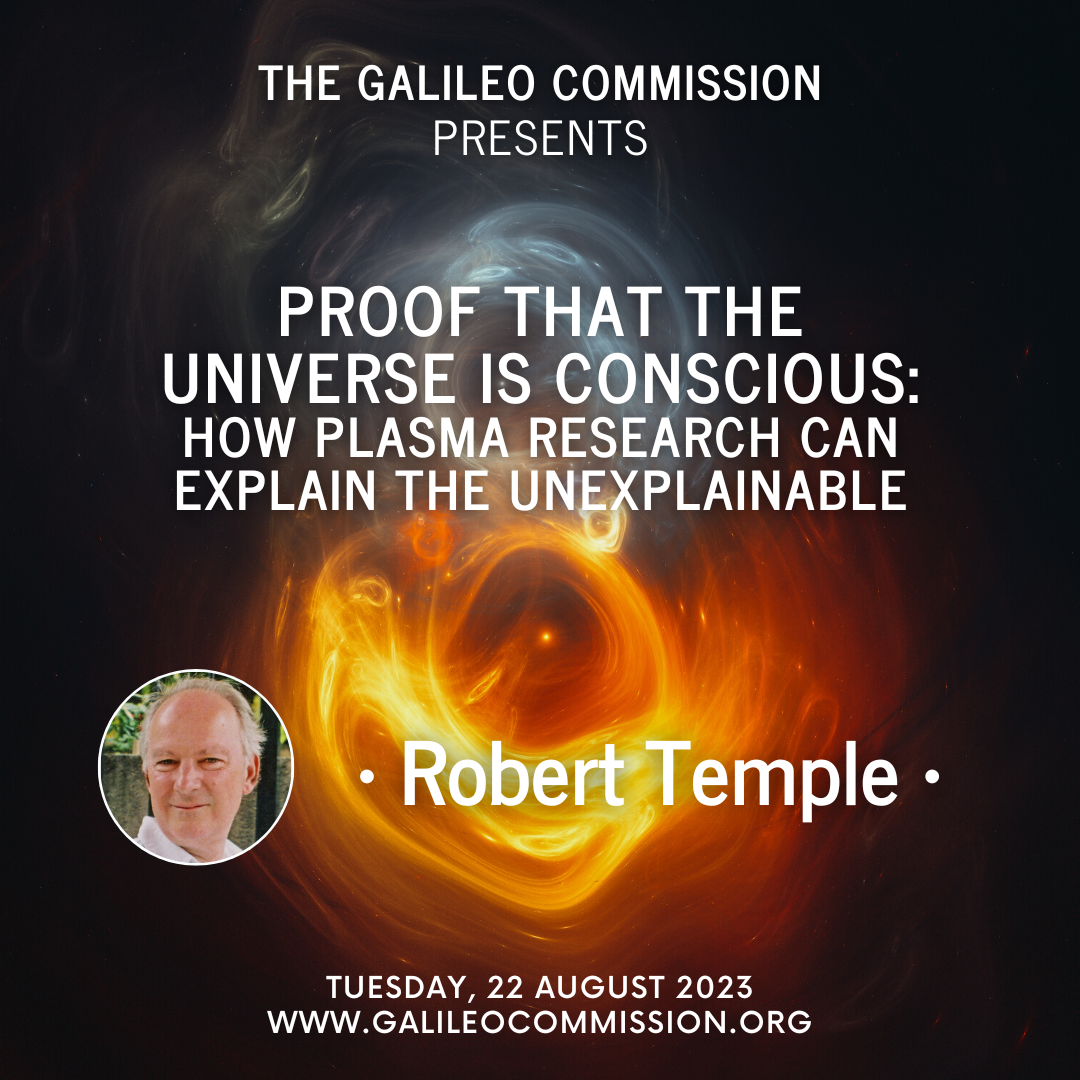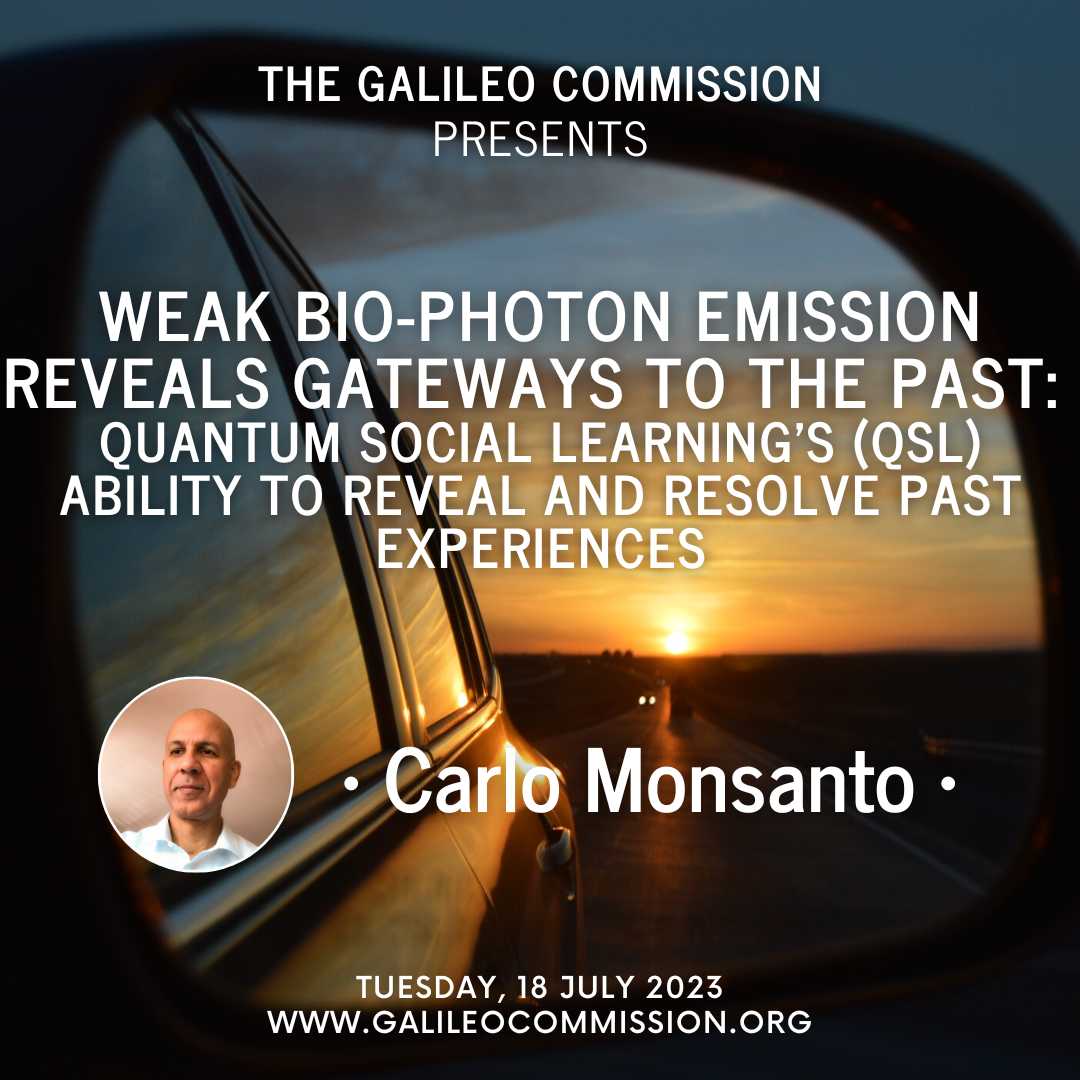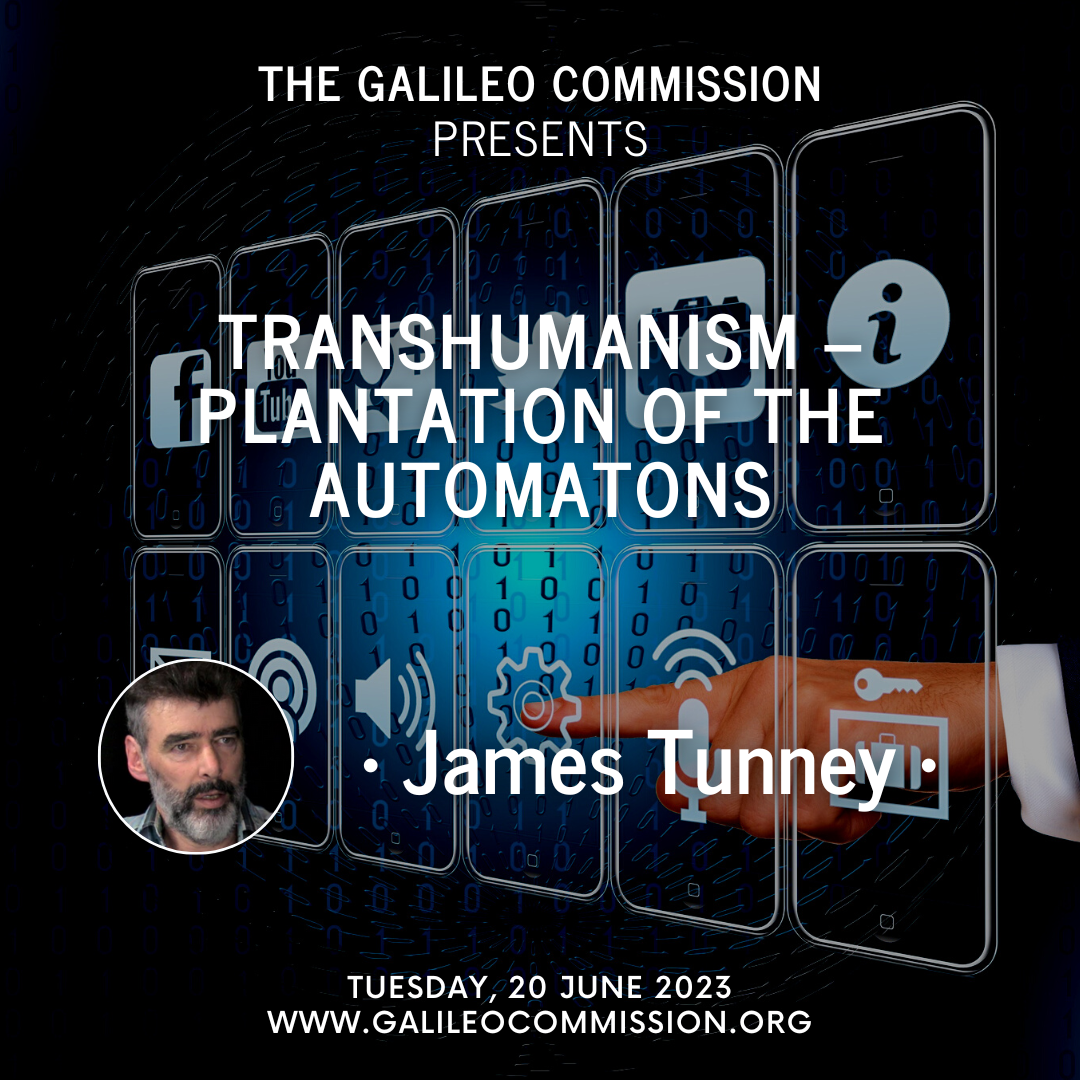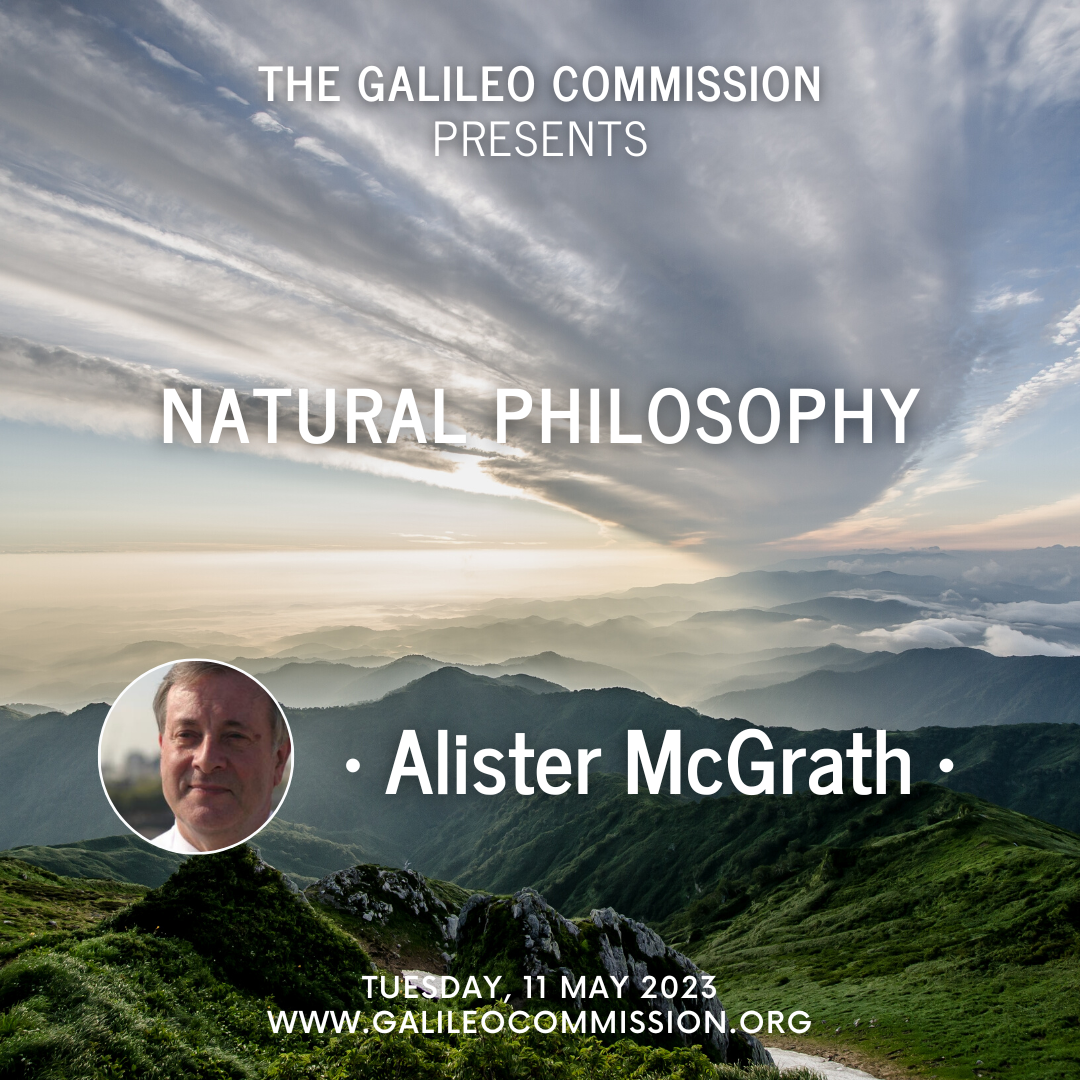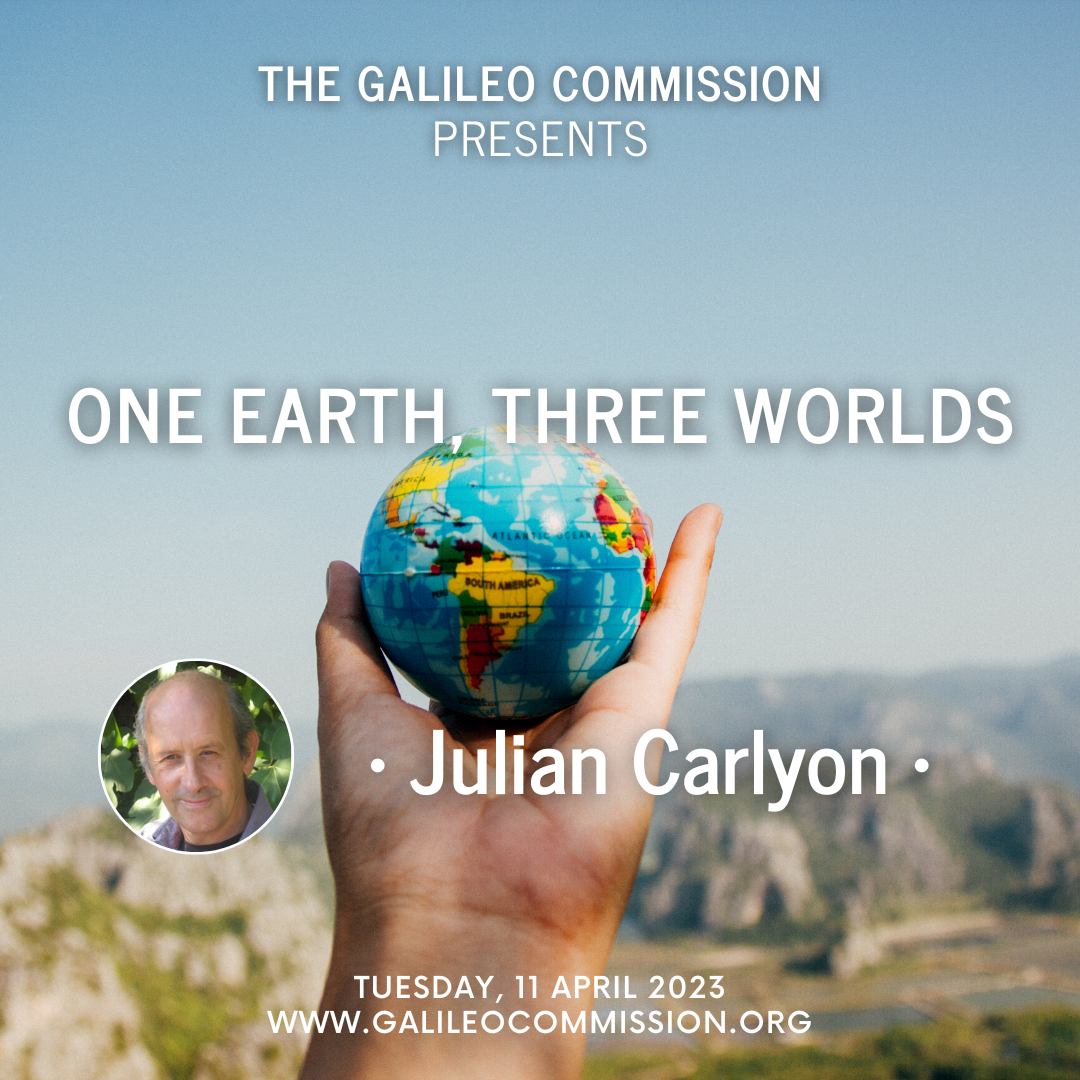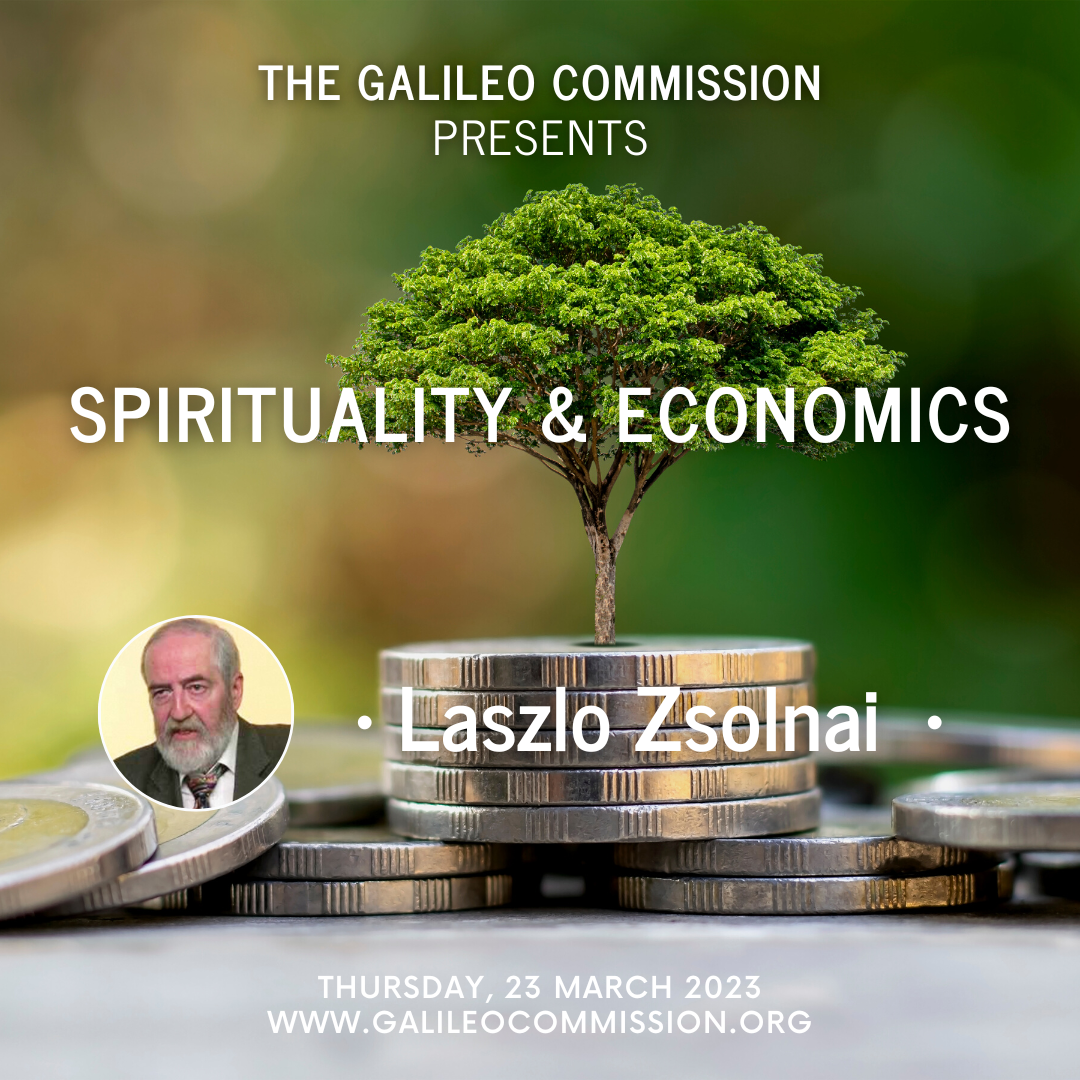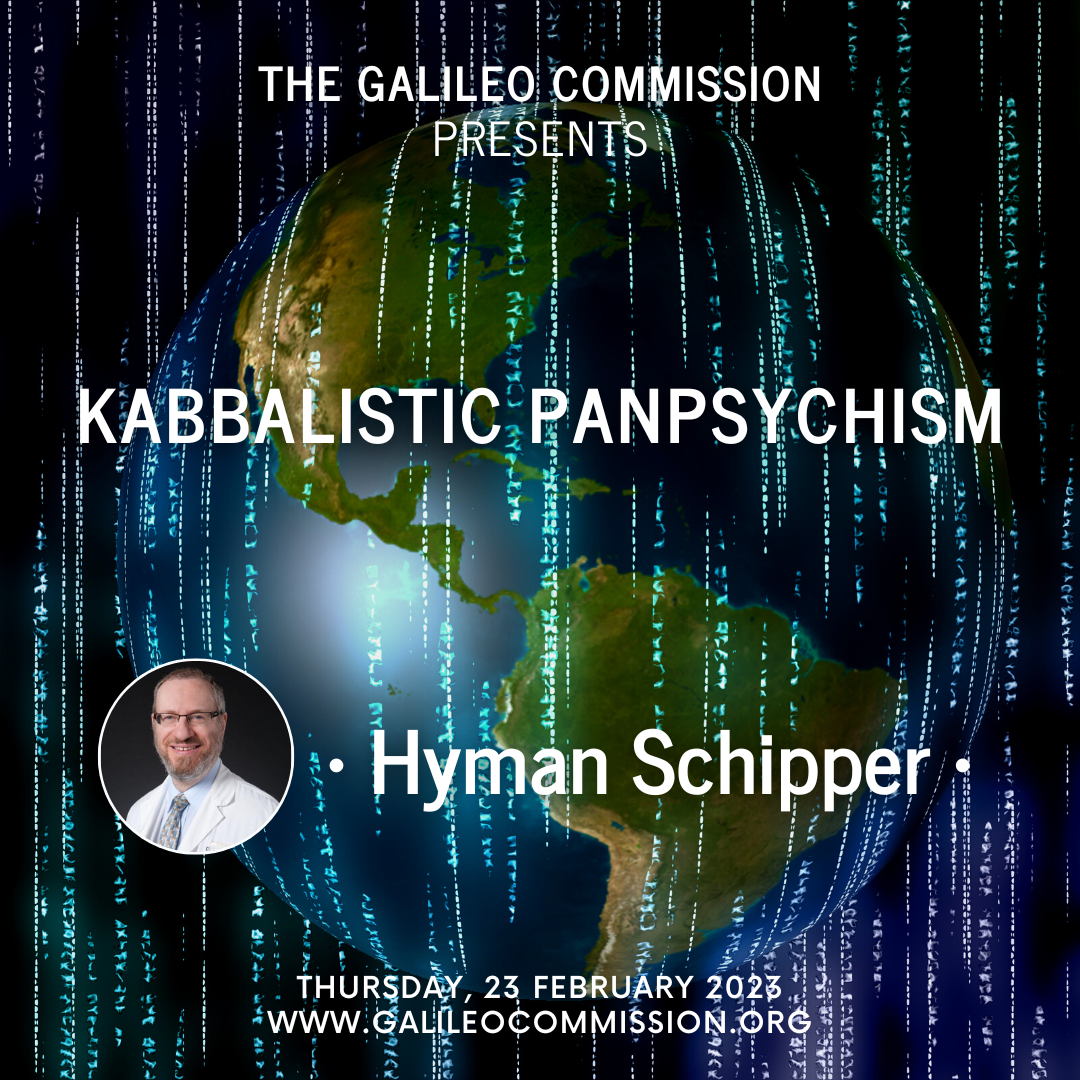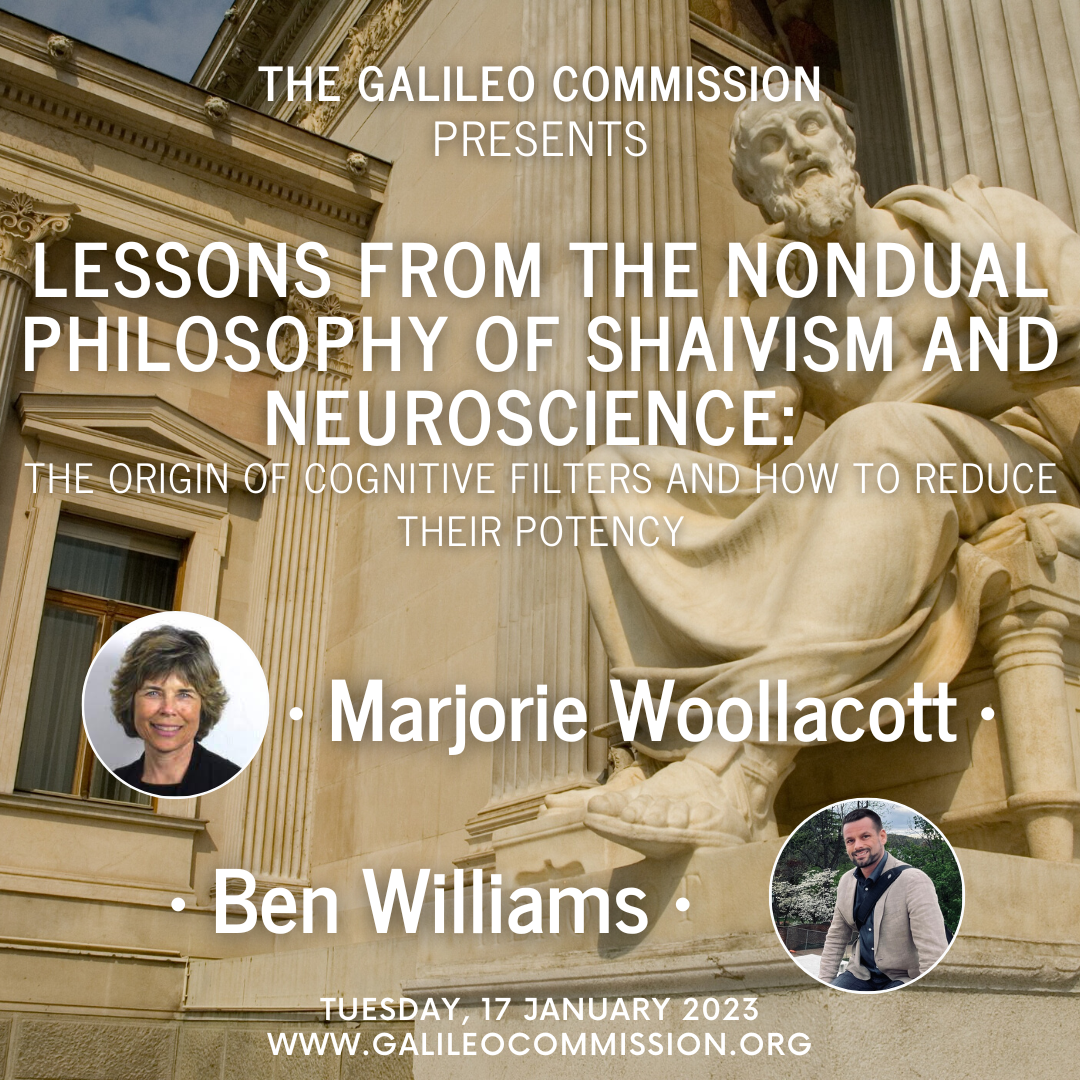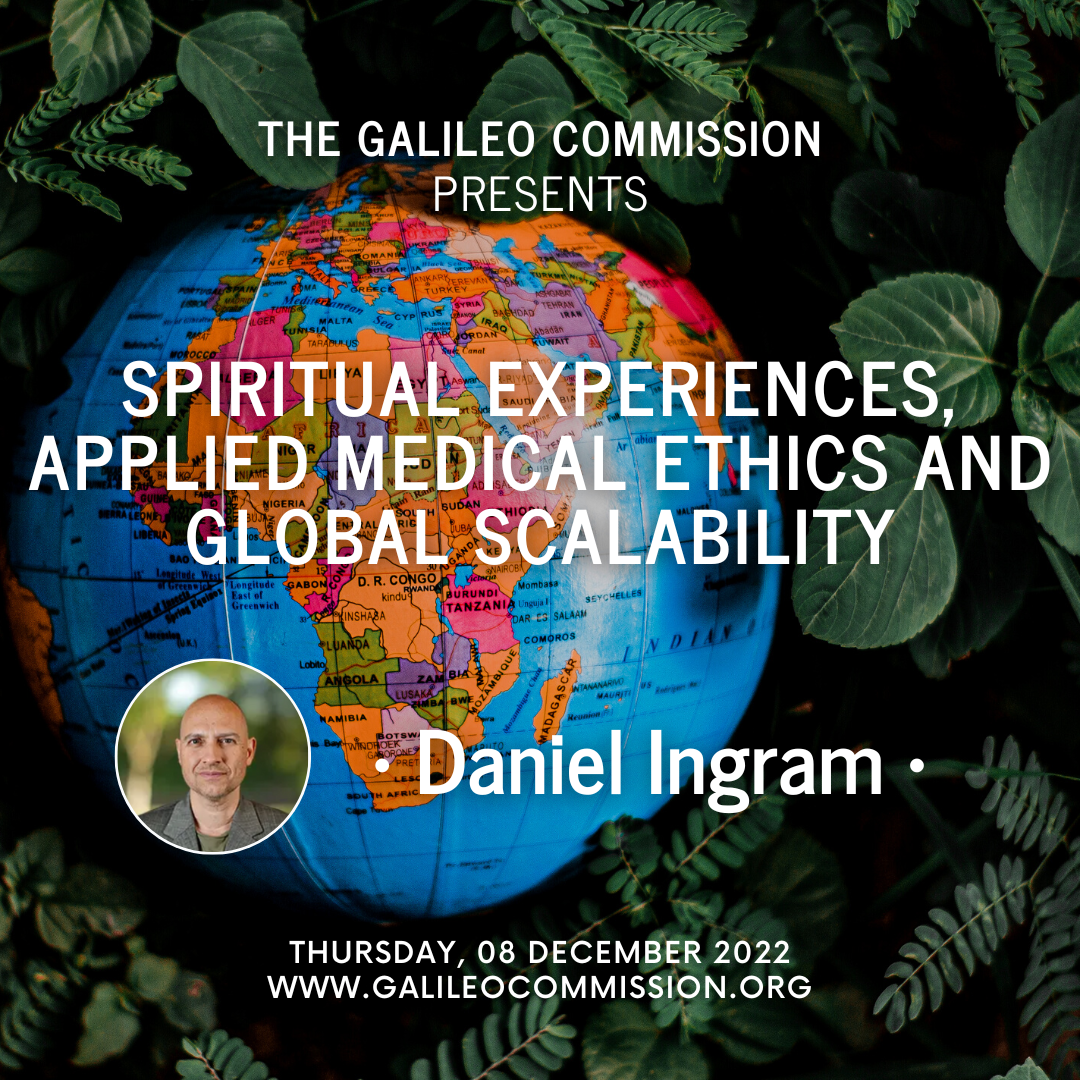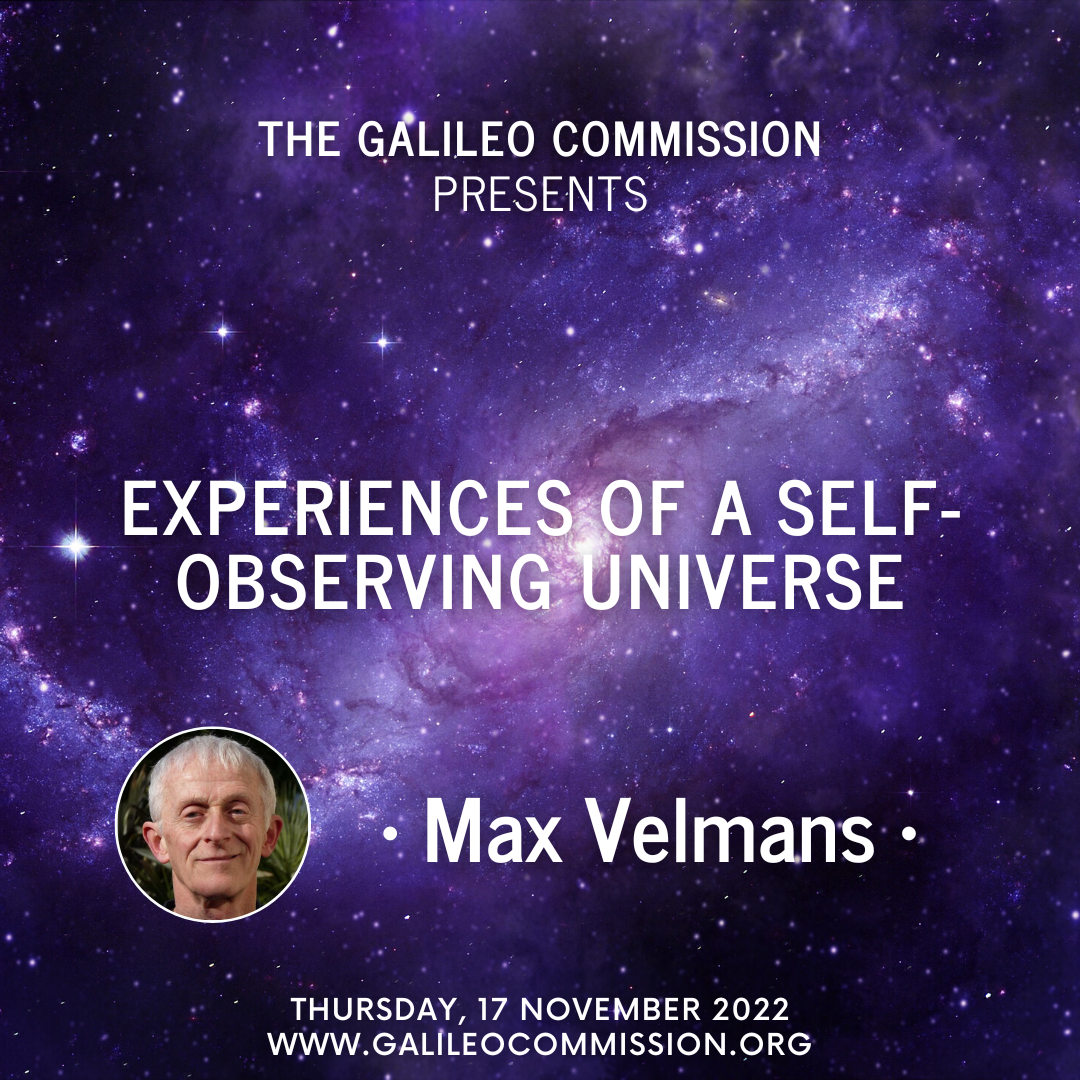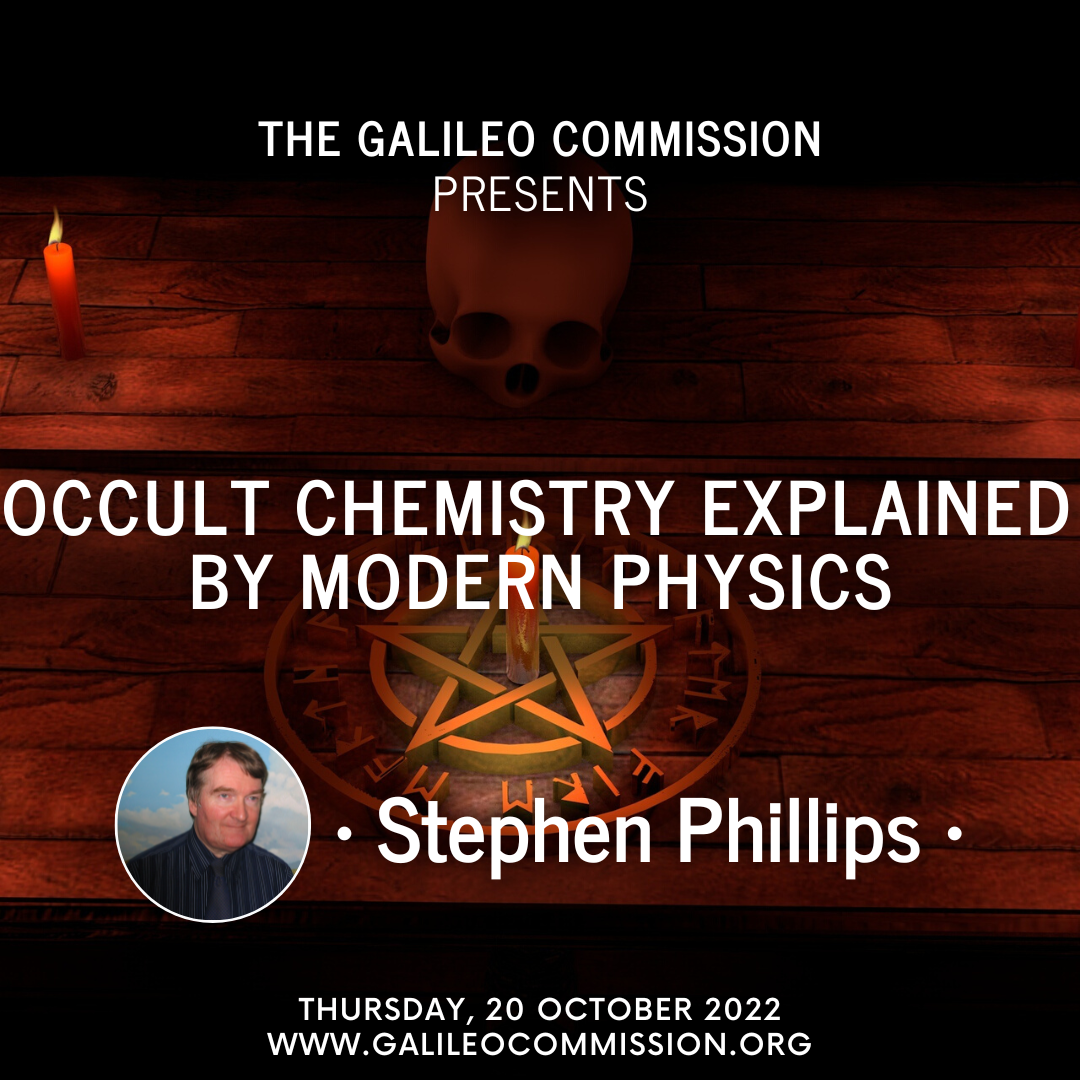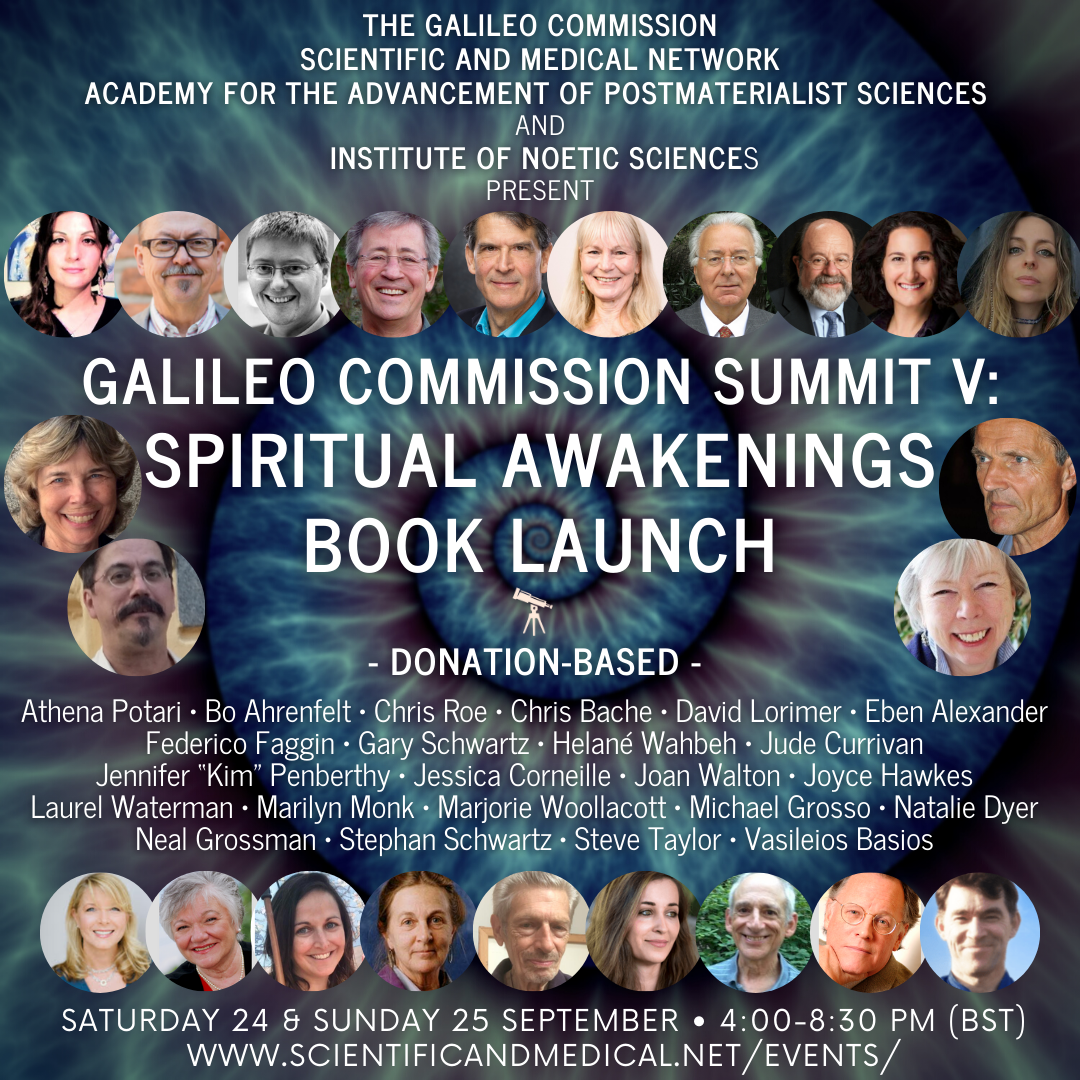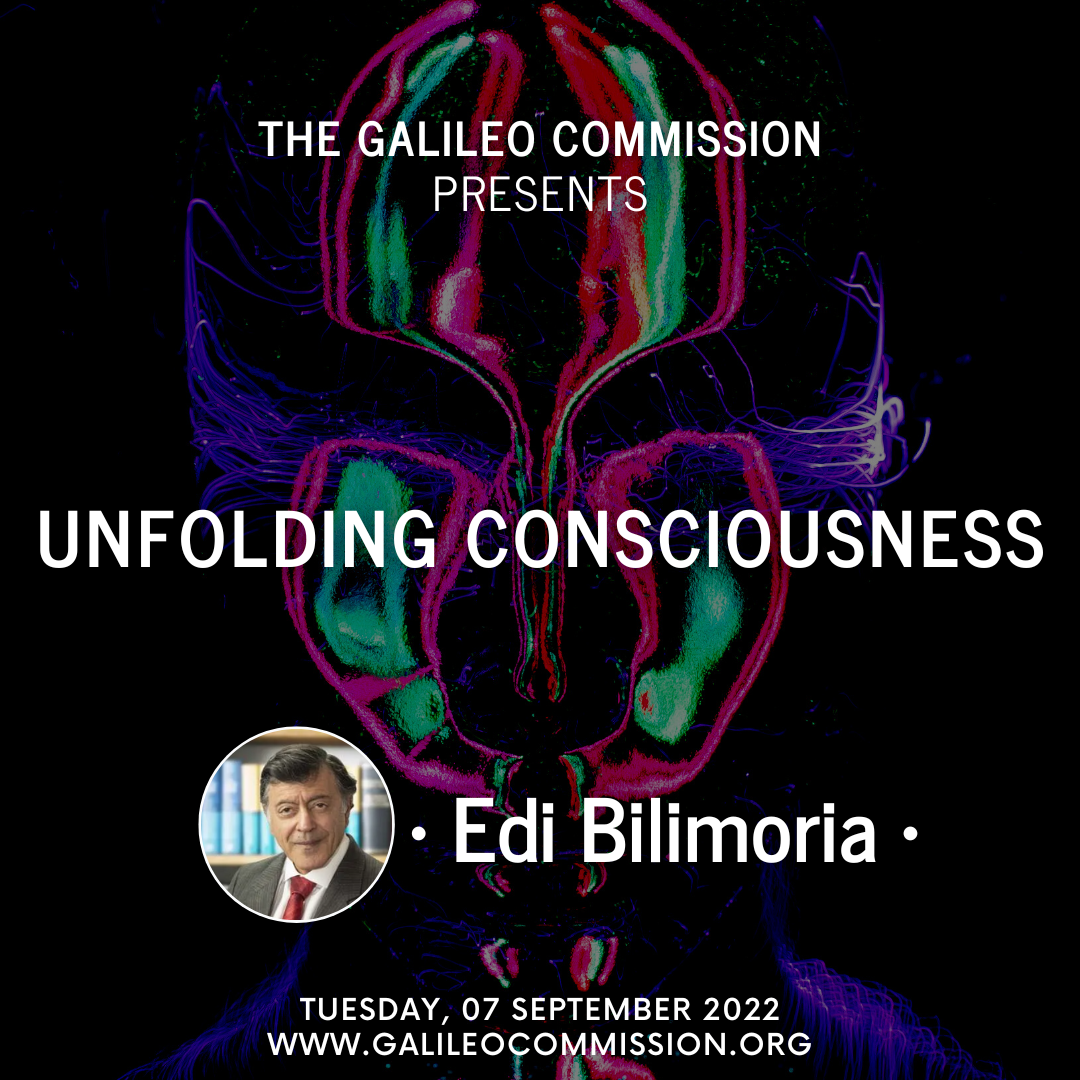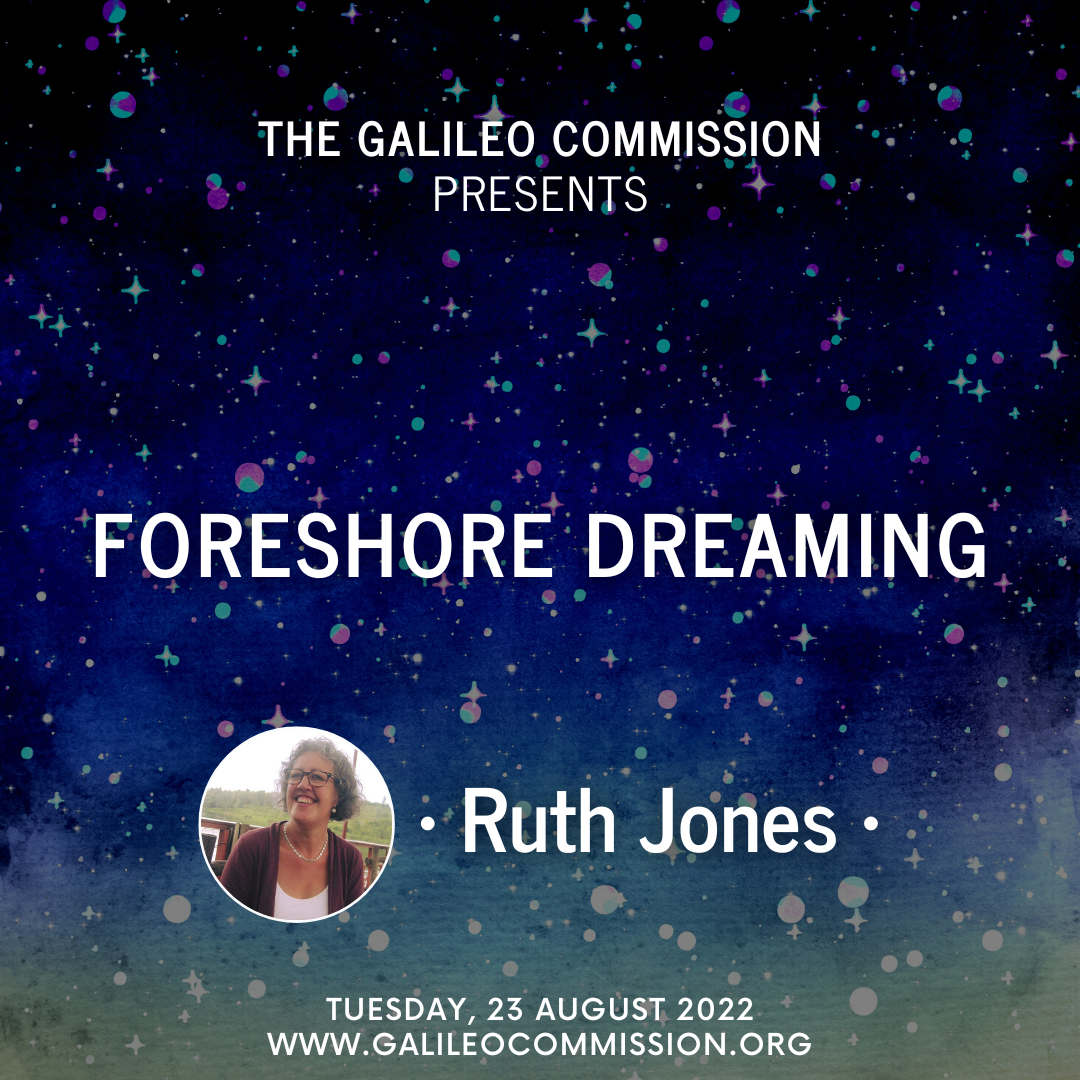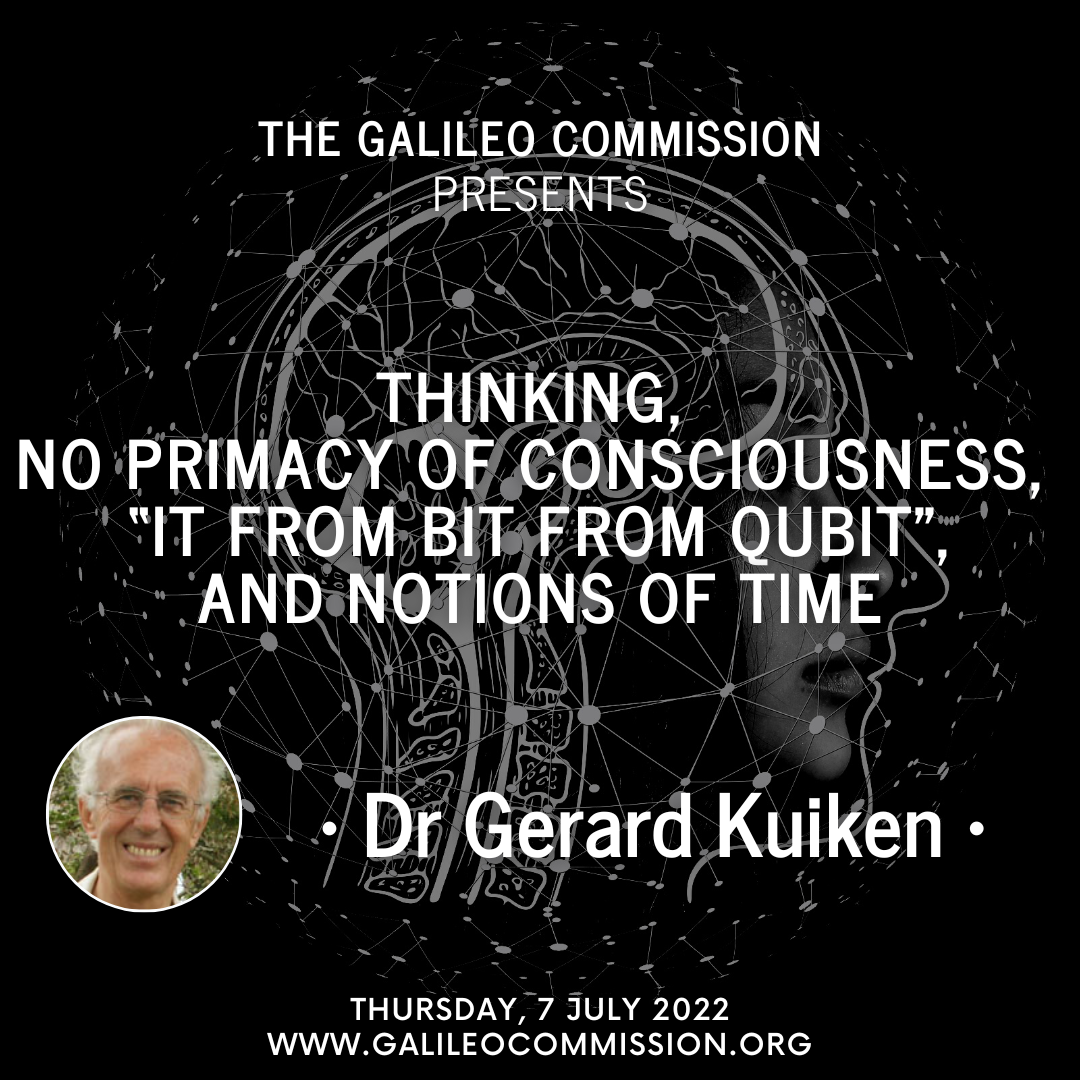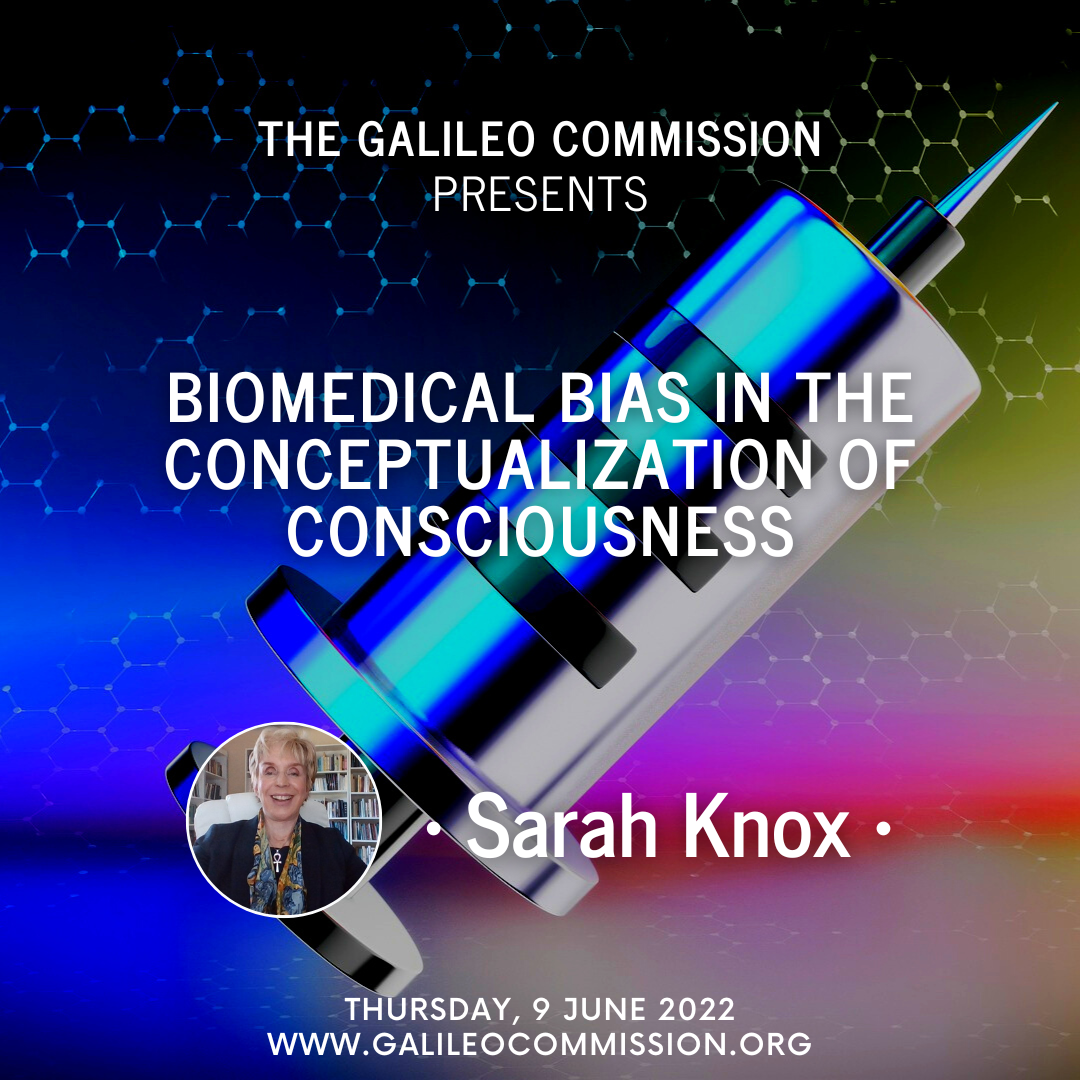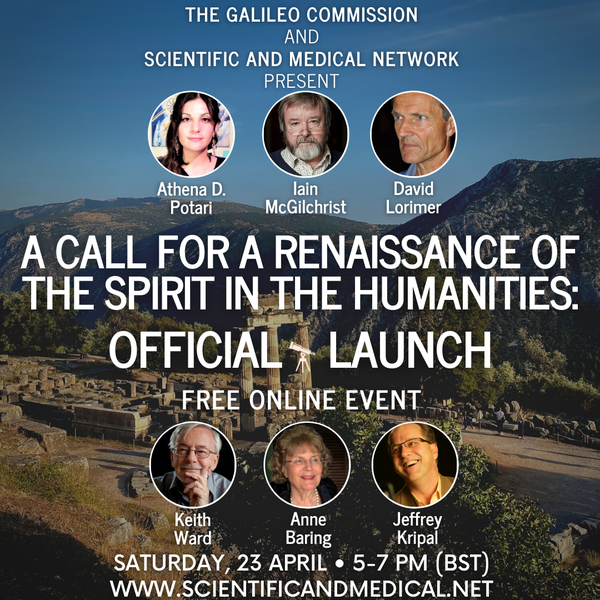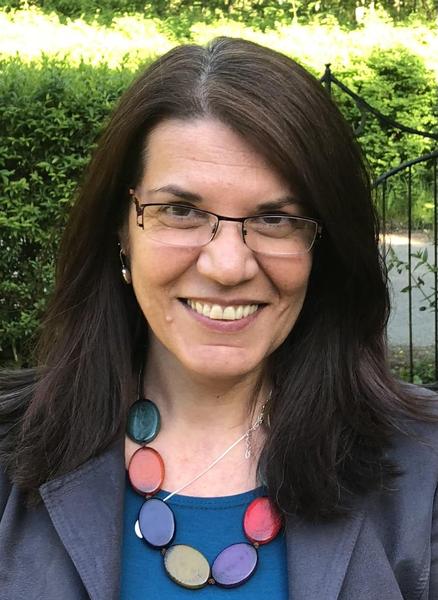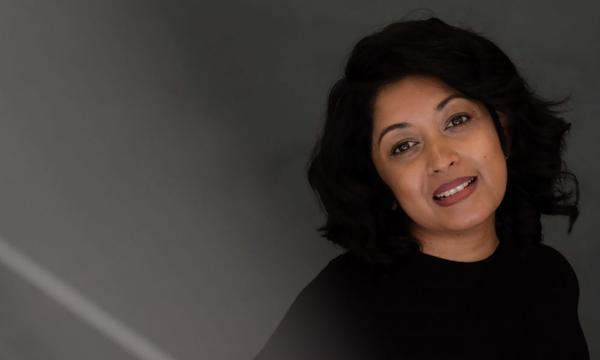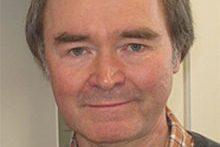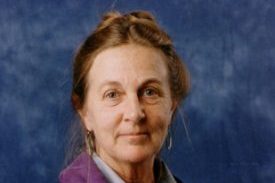Imaginal Inspirations with Peter Russell
Peter Russell is a leading thinker on consciousness and contemporary spirituality. He coined the term "global brain" with his 1980's bestseller of the same name in which he predicted the Internet and the impact it would have on humanity. He is the author of twelve other books, including Waking Up in Time, From Science to God, and most recently Letting Go of Nothing and Forgiving Humanity.
Mark Anthony: The Electromagnetic Soul & The Afterlife Frequency
Mark Anthony, JD Psychic Explorer developed the terms “electromagnetic soul” (EMS) and the “Collective Consciousness.” The EMS provides the scientific basis for the various forms of spiritual phenomena including mediumship, near-death, share-death, out of body experiences, deathbed visions and after death communication.
Imaginal Inspirations with Harrie Salman
David's Guest today is Dr Harrie Salman, a philosopher of culture and a traveller who speaks nine European languages and who has lectured at a number of universities. In September 1986, he founded the Rembrandt Foundation for the study of Central European Culture, for which he organised about 30 conferences at the University of Leiden (until 1993).
Imaginal Inspirations with Peter Russell
Peter Russell is a leading thinker on consciousness and contemporary spirituality. He coined the term "global brain" with his 1980's bestseller of the same name in which he predicted the Internet and the impact it would have on humanity. He is the author of twelve other books, including Waking Up in Time, From Science to God, and most recently Letting Go of Nothing and Forgiving Humanity.
Mark Anthony: The Electromagnetic Soul & The Afterlife Frequency
Mark Anthony, JD Psychic Explorer developed the terms “electromagnetic soul” (EMS) and the “Collective Consciousness.” The EMS provides the scientific basis for the various forms of spiritual phenomena including mediumship, near-death, share-death, out of body experiences, deathbed visions and after death communication.
Imaginal Inspirations with Harrie Salman
David's Guest today is Dr Harrie Salman, a philosopher of culture and a traveller who speaks nine European languages and who has lectured at a number of universities. In September 1986, he founded the Rembrandt Foundation for the study of Central European Culture, for which he organised about 30 conferences at the University of Leiden (until 1993).
Imaginal Inspirations with Peter Russell
Peter Russell is a leading thinker on consciousness and contemporary spirituality. He coined the term "global brain" with his 1980's bestseller of the same name in which he predicted the Internet and the impact it would have on humanity. He is the author of twelve other books, including Waking Up in Time, From Science to God, and most recently Letting Go of Nothing and Forgiving Humanity.
Mark Anthony: The Electromagnetic Soul & The Afterlife Frequency
Mark Anthony, JD Psychic Explorer developed the terms “electromagnetic soul” (EMS) and the “Collective Consciousness.” The EMS provides the scientific basis for the various forms of spiritual phenomena including mediumship, near-death, share-death, out of body experiences, deathbed visions and after death communication.
Imaginal Inspirations with Harrie Salman
David's Guest today is Dr Harrie Salman, a philosopher of culture and a traveller who speaks nine European languages and who has lectured at a number of universities. In September 1986, he founded the Rembrandt Foundation for the study of Central European Culture, for which he organised about 30 conferences at the University of Leiden (until 1993).
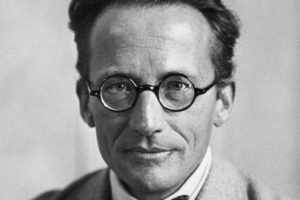
– Erwin Schrödinger
– Prof David Bohm
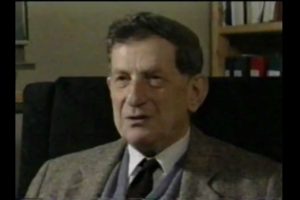
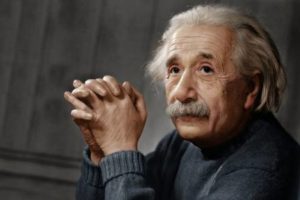
– Albert Einstein
Click on any event to view the recordings as well as event details
